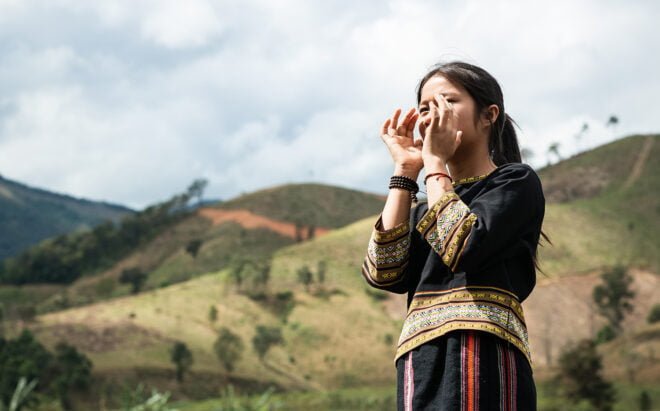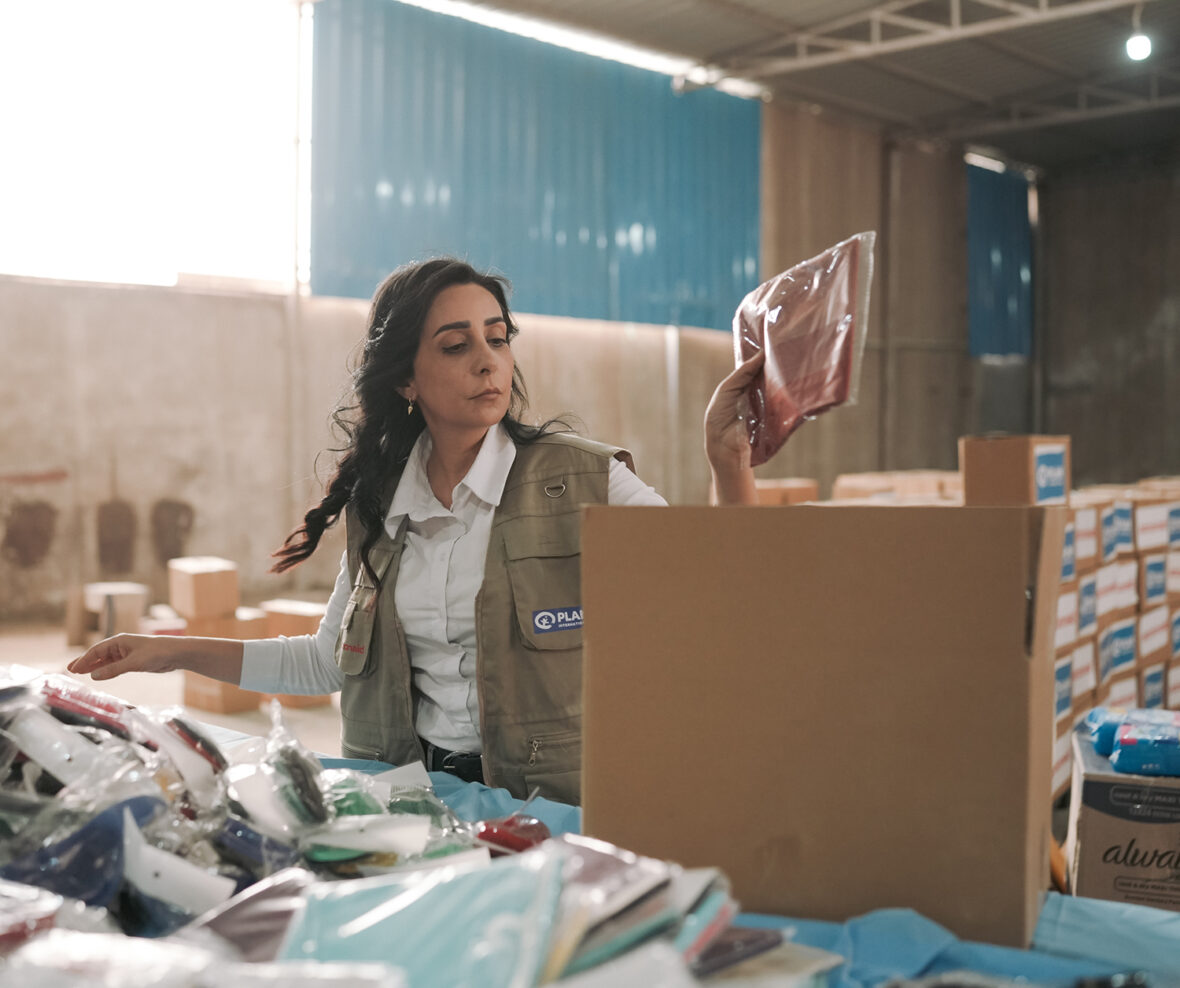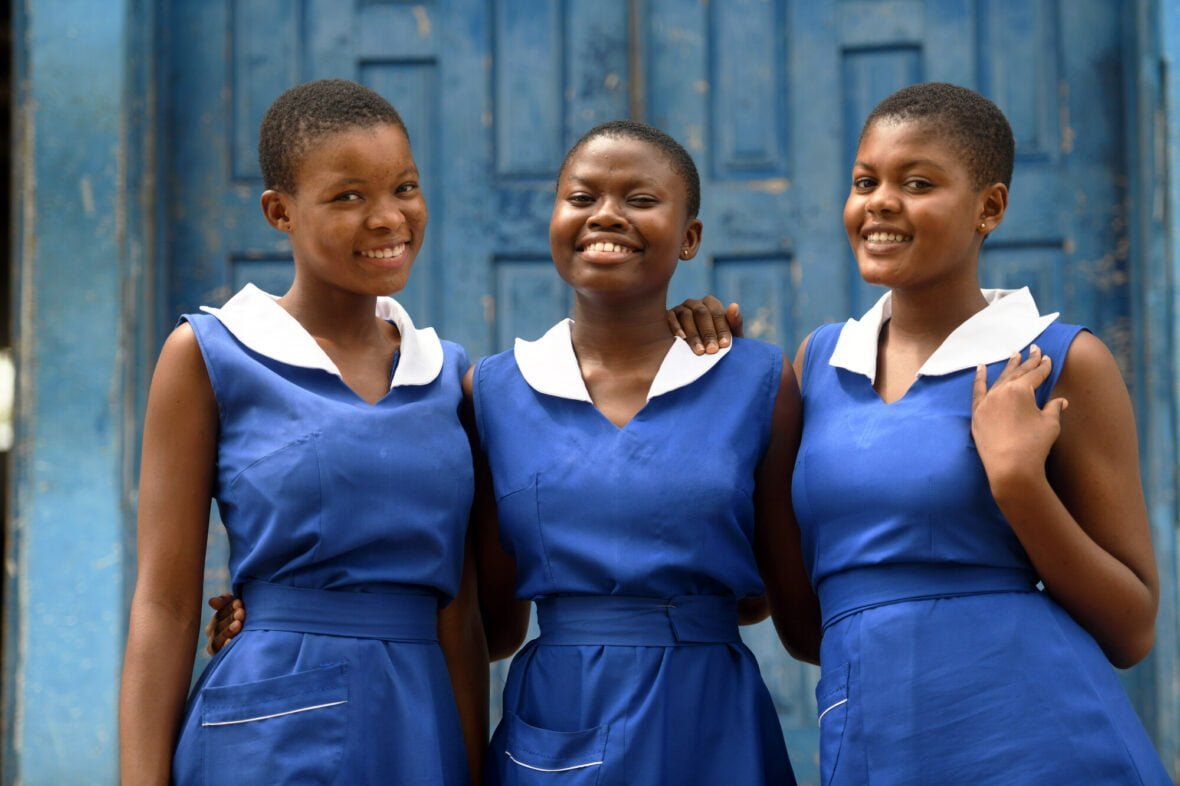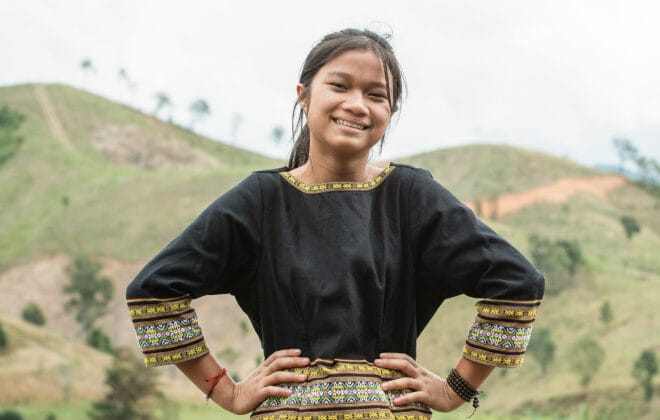
Photo Exhibitions
Change starts with us – Human rights activists from Mozambique
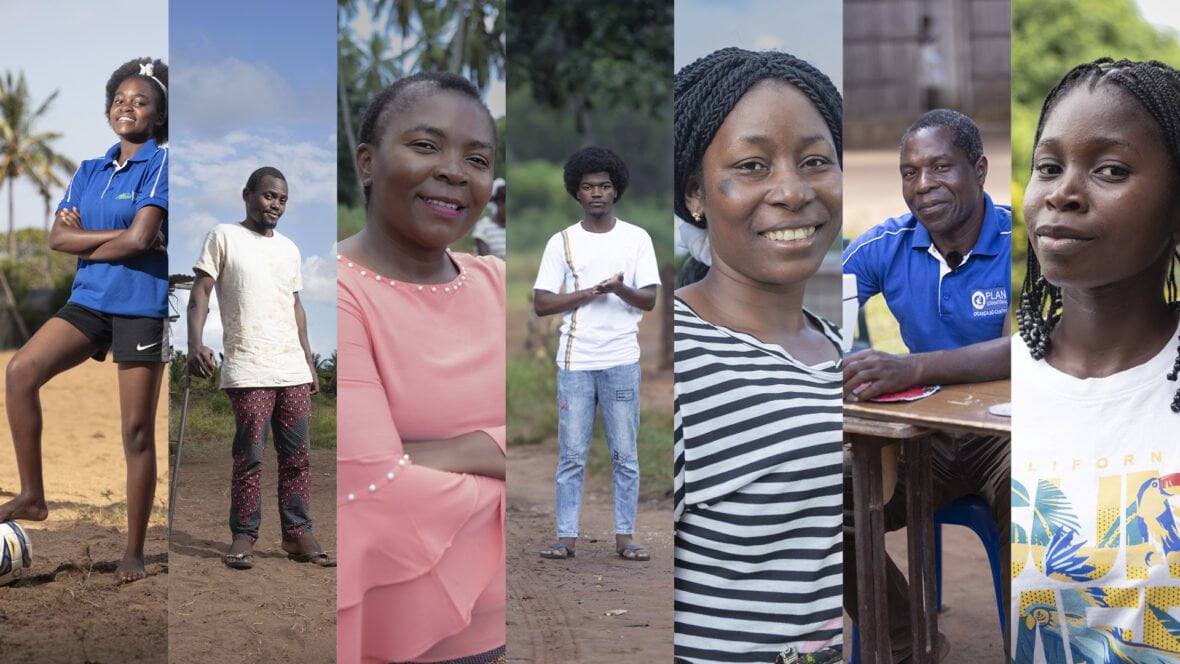
Human rights and gender equality do not promote themselves. They need courageous defenders and trailblazers.
The “Change starts with us” exhibition tells the story of people who passionately advocate for the rights of marginalized people in Mozambique, such as girls, people with disabilities, and homosexuals. They defy harmful traditions and entrenched roles.
Plan International, a global children’s rights and humanitarian organization, has operated in Mozambique since 2006. With the support of Finnish donors and the Ministry for Foreign Affairs, Plan strengthens the sexual and reproductive health and rights (SRHR) of girls and young women in particular.
Located in South East Africa, Mozambique is one of the poorest countries in the world. Mozambican girls and women face many health and human rights issues. About half of Mozambican girls end up being married under the age of 18 and about 17 percent under the age of 15.
In Mozambique, 40 percent of girls have a baby before they turn 18 and 8 percent before the age of 15. Teenage pregnancies are a major health problem in Mozambique: one in two deaths of a 15–24-year-old girl or woman is caused by pregnancy, labor or unsafe abortion.
The exhibition’s activists are building a world where girls can go to school and make their own decisions about their bodies and their future.
Photos: Mikko Toivonen
Text: Iida Riekko
The factual figures are from 2023.
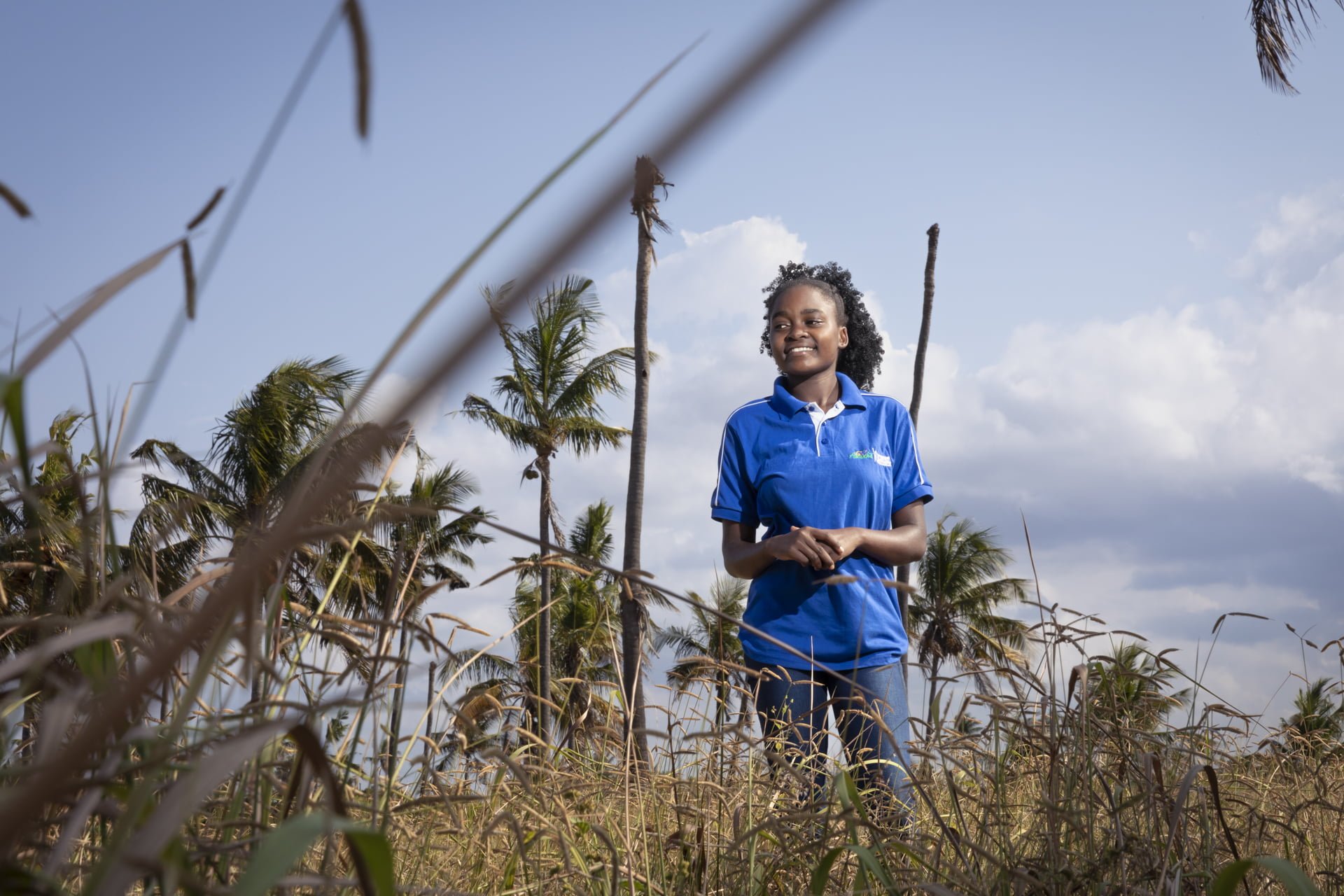
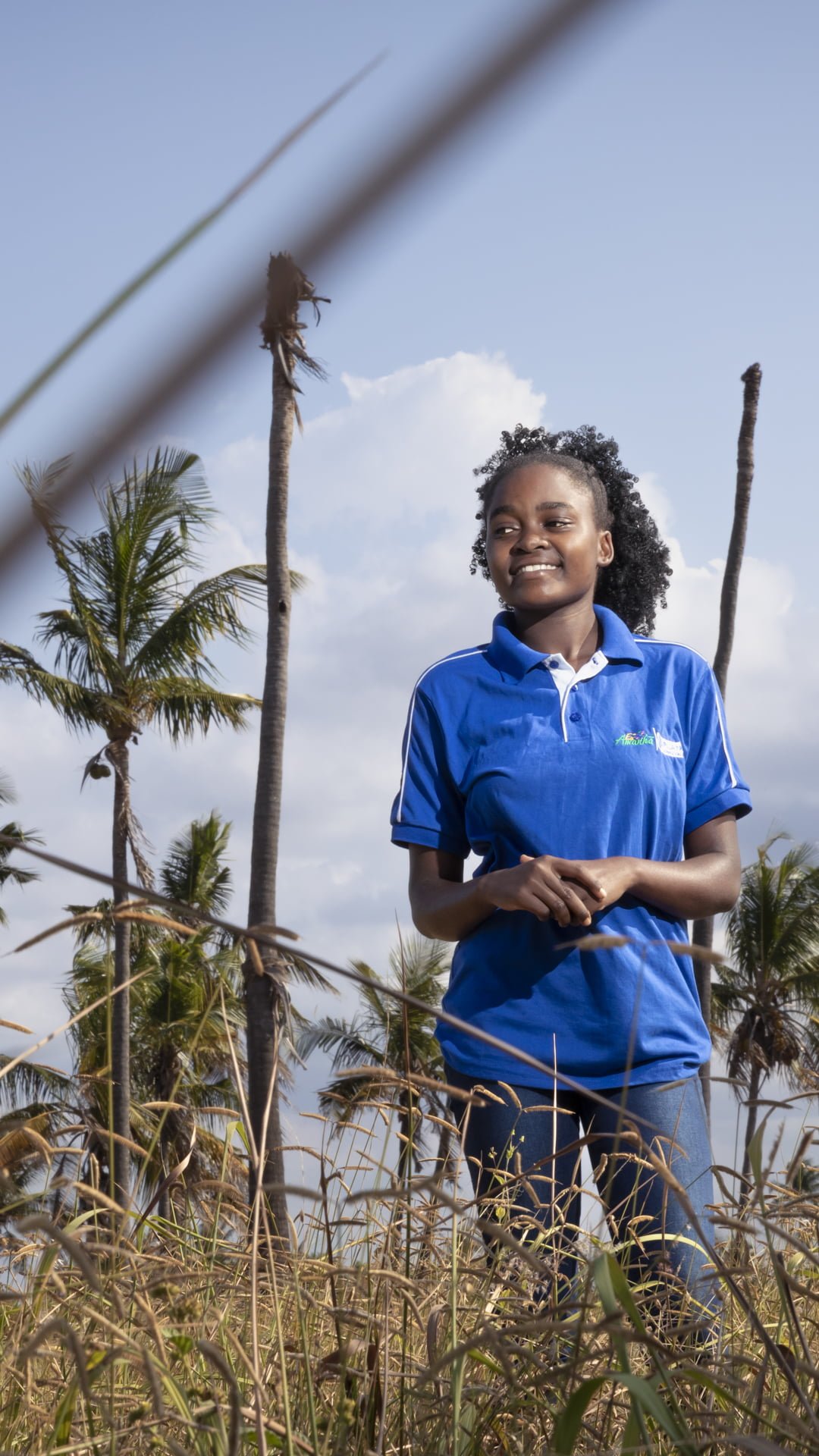
“I can now defend my rights and those of others.”
Eunice, 18
Eunice, 18
Eunice is the most prominent advocate for girls’ rights in her village. She joined Plan’s Champions of Change group when she was 13.
“Before then, I saw a lot of child marriages and teenage pregnancies around me, but I had no idea I could do something about it. This was a forgotten community,” Eunice says.
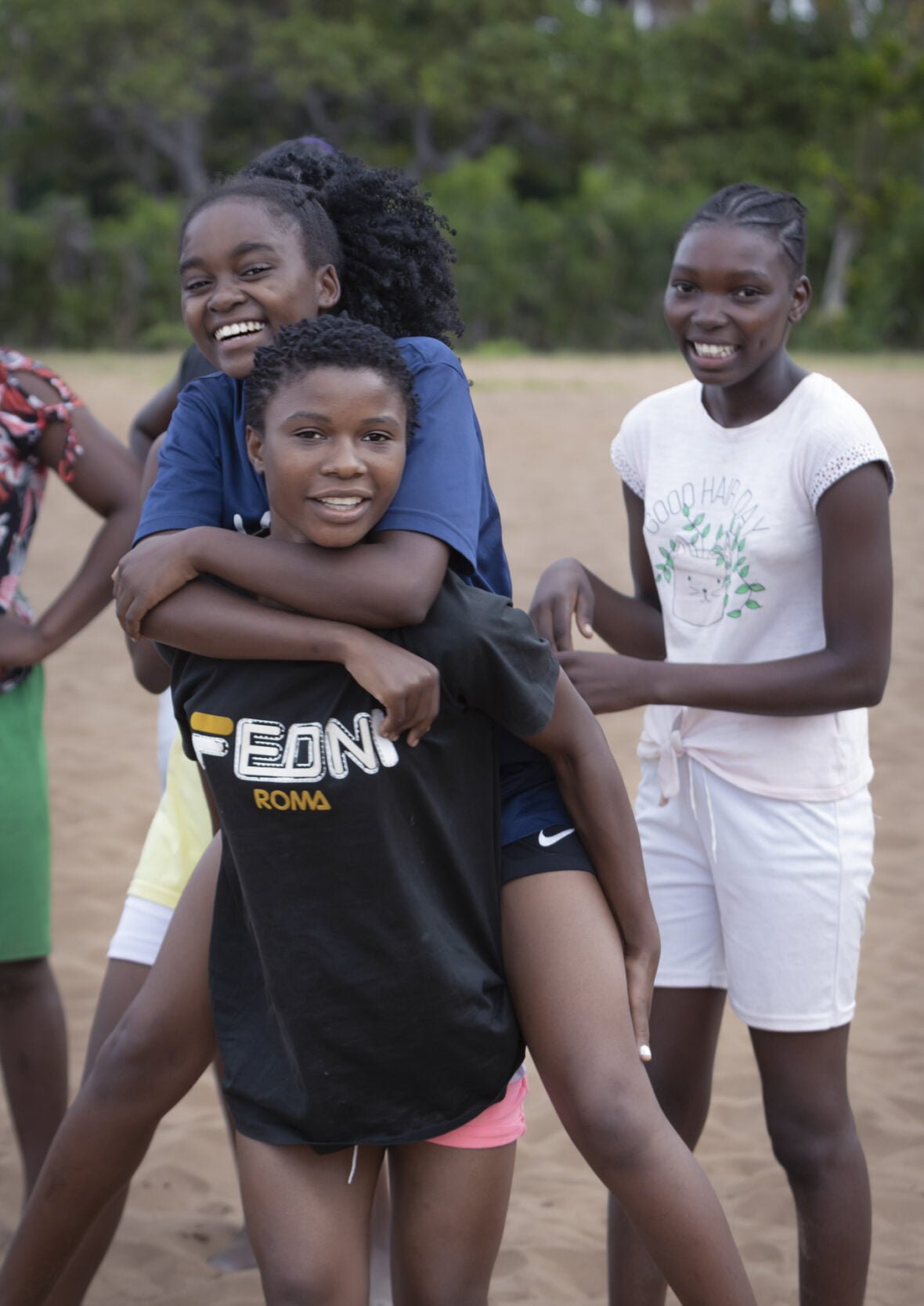
As she gained more information and confidence, Eunice decided to set up a group of activists in her village. At present, the group has ten members, with whom Eunice shares the information and skills she has learned from Plan. They discuss the challenges confronting children and young people and propose solutions, with the primary approach being the sharing of information.
Eunice and her group have managed to prevent 15 child marriages and support around a hundred pregnant girls to remain in school.
Eunice wants to become a journalist who reports on the status of girls. In addition, she breaks down prejudices as part of the girls’ football team. Football has traditionally been seen as a boys’ sport.
Eunice finds strength in being an activist and chasing her dreams from her own village. “I see a lot of girls who have given up their dreams. It’s awful when a young person loses their hope due to a marriage that happened too early. I will not stop talking about girls’ rights until child marriage and the discrimination of girls end.”


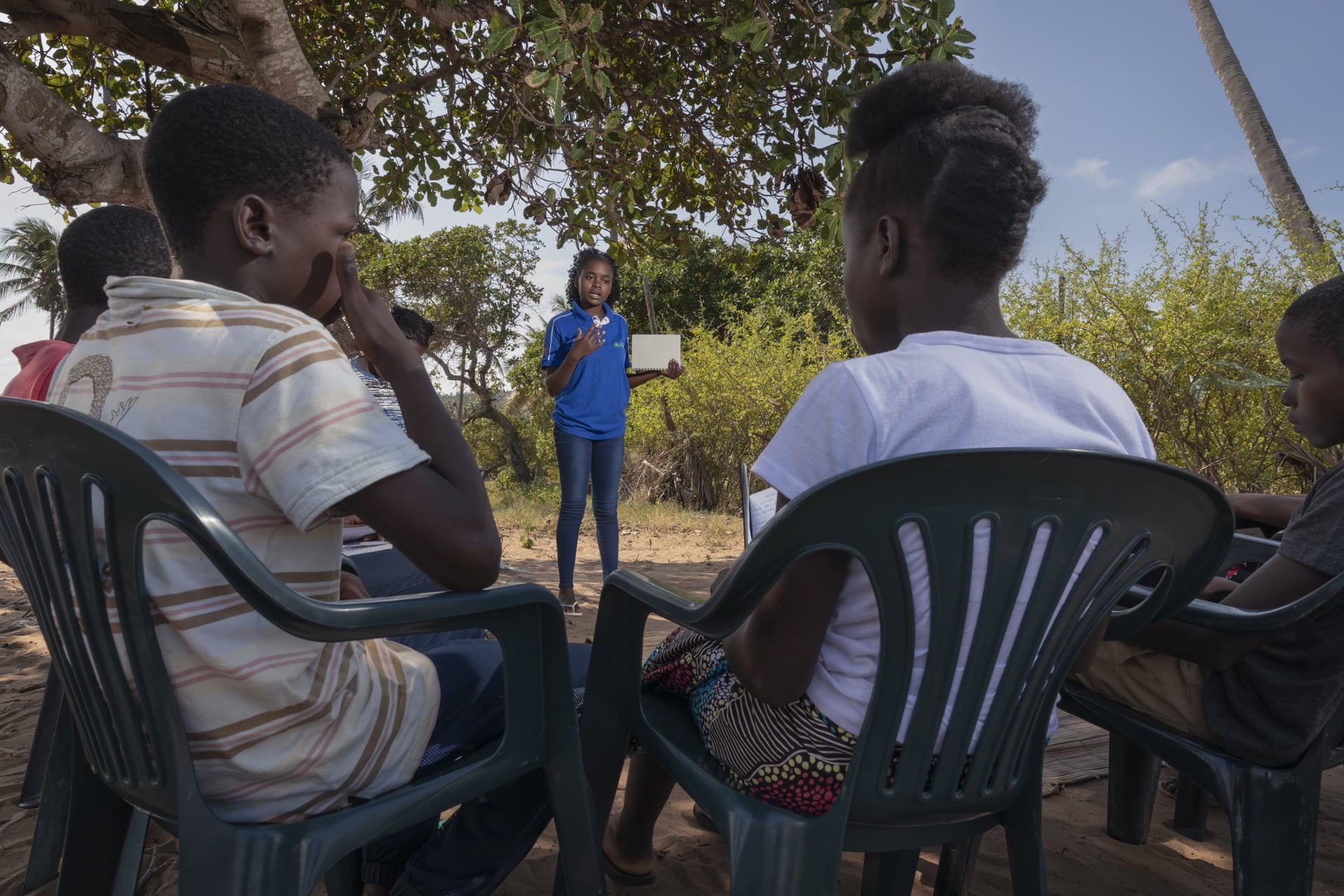


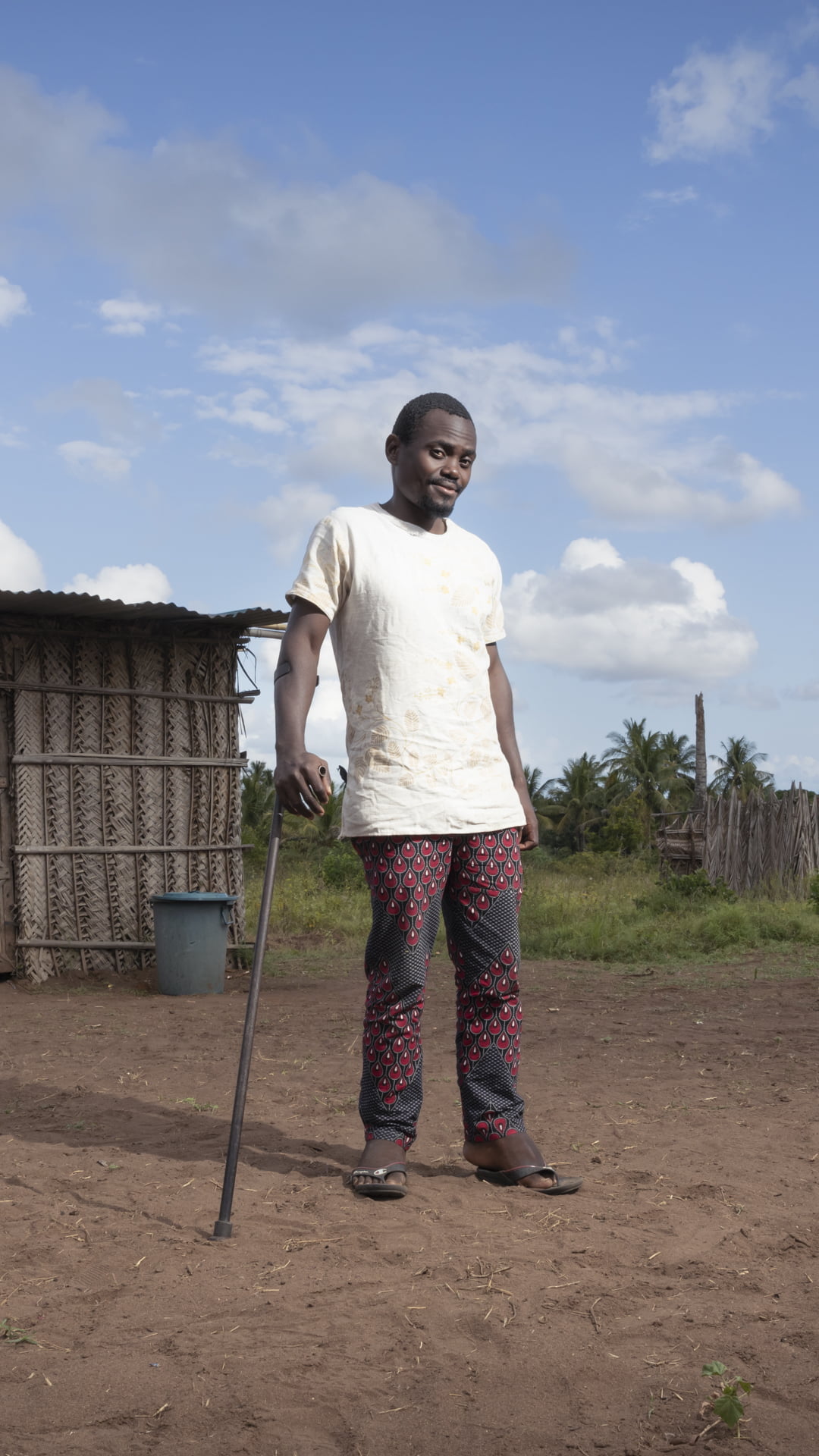
“If I have the opportunity to help others in making wise choices, how could I ever remain silent?”
Avelino, 31
Avelino, 31
Avelino, who works as a tailor, contracted elephantiasis in his teenage years, which periodically deprives him of mobility and causes painful swelling.
“I’ve faced a lot of discrimination due to my physical disability, but that only fuels my activism. I can empathize with the poor treatment of all discriminated groups,” says Avelino.
During the coronavirus pandemic, he moved from Maputo, the capital of Mozambique, to the countryside of Jangamo. Activism has always been close to Avelino’s heart, and soon after moving, he became a part of Plan. During the organization’s training, he realized that the best way to change harmful traditions is through discussion with community leaders, educators, authorities and young people.
Avelino soon became one of Plan’s frontline influencers. He has received the nickname “Wonderman”, as he has an exceptional ability to create a connection with others and rationalize his views.
“Many young people can’t see their options due to their low self-esteem. I try to teach them persistence by using myself as an example. Everyone can find their own path.”
As the father of a young daughter, he remains passionate about advocating for gender equality, never tiring of discussing the topic.
“My birthday is on the 11th of October – the International Day of the Girl!”
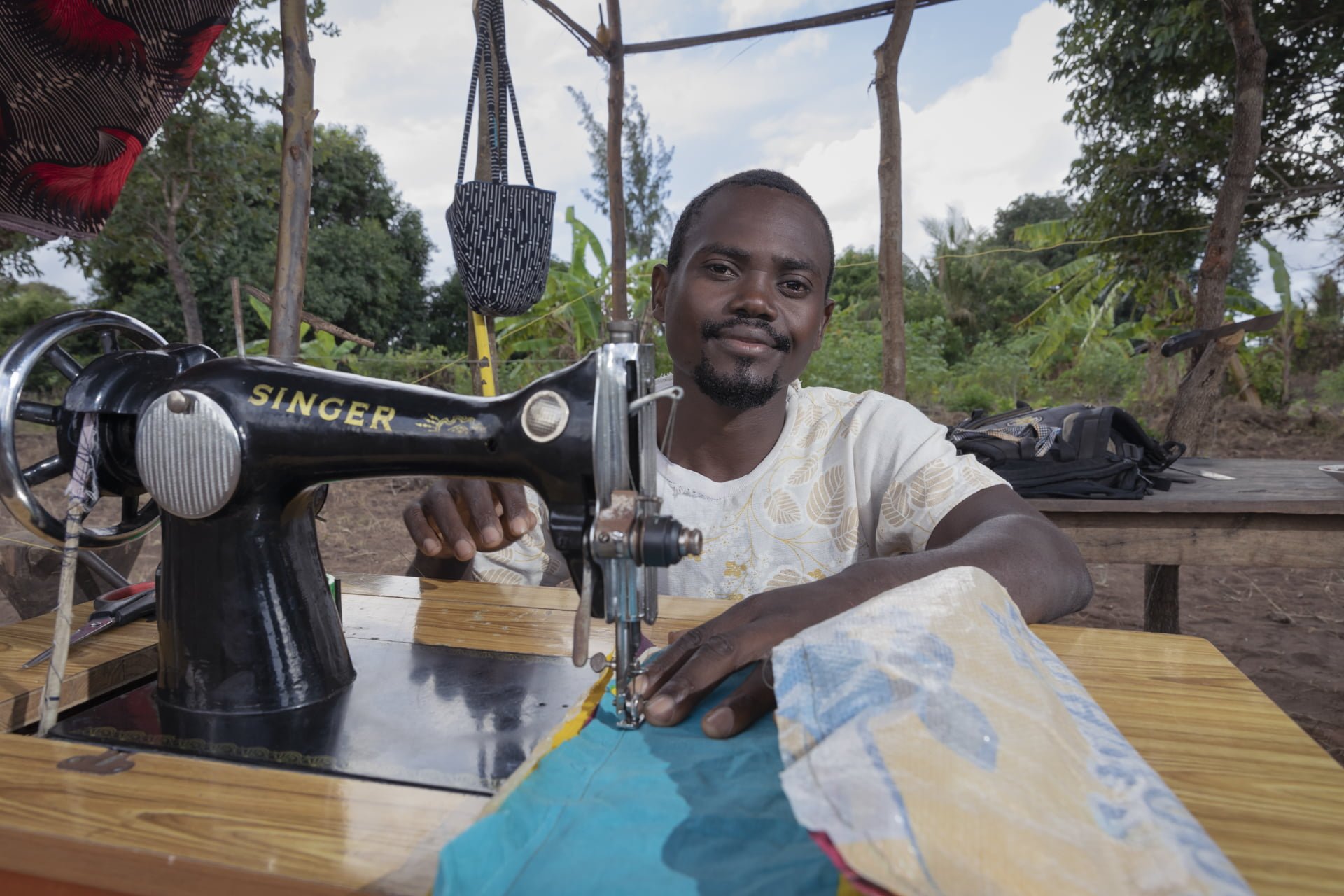



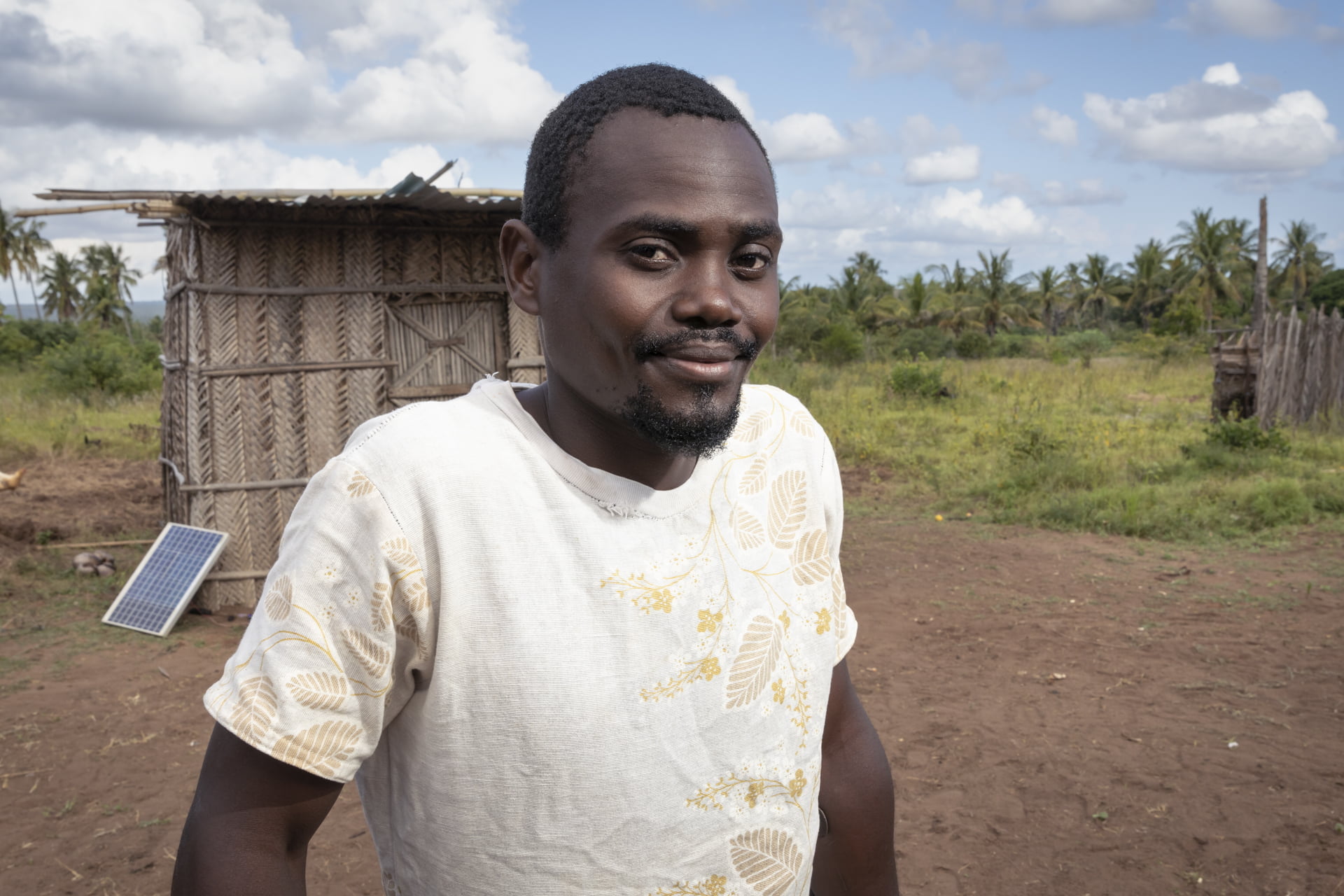
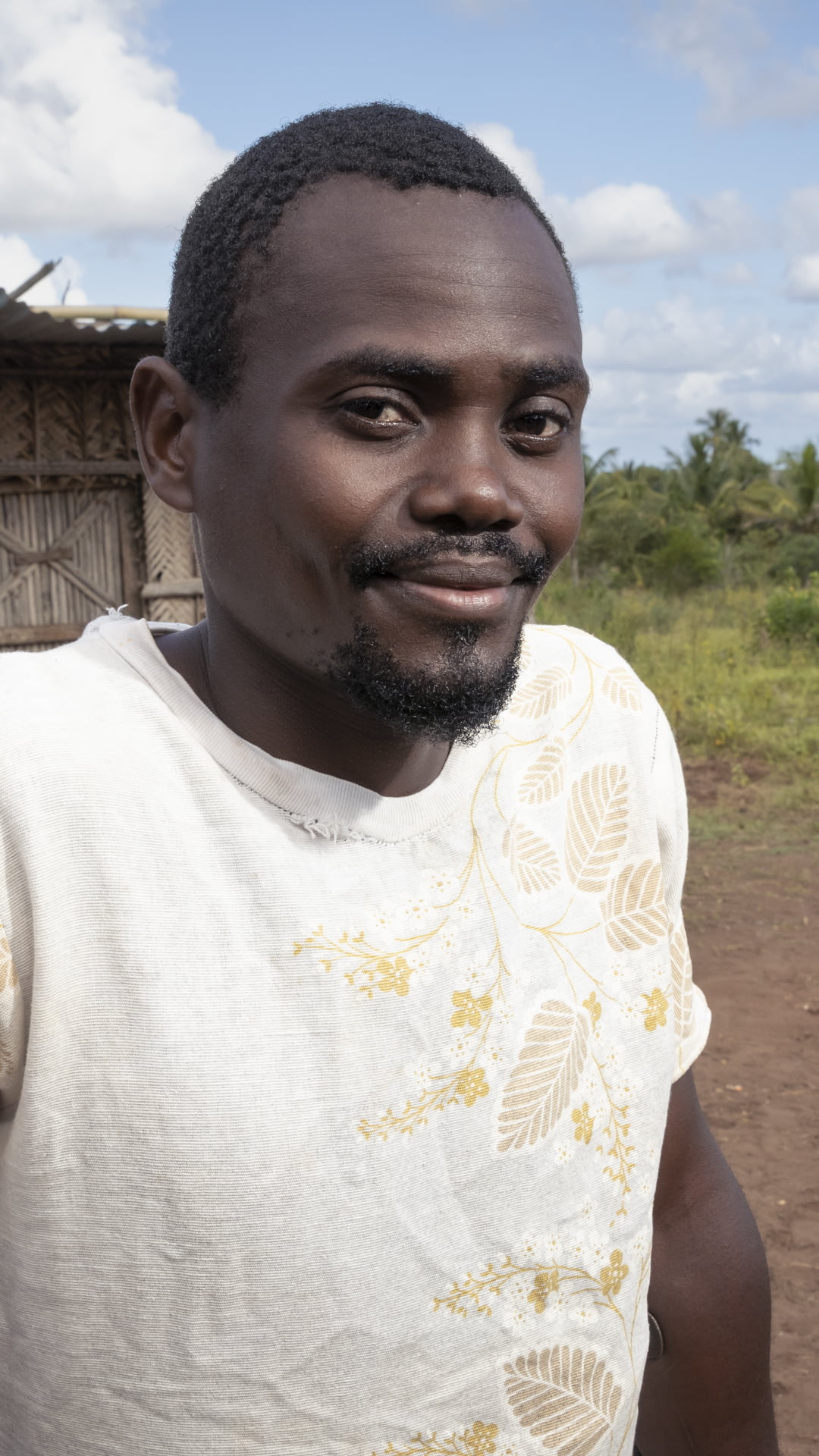
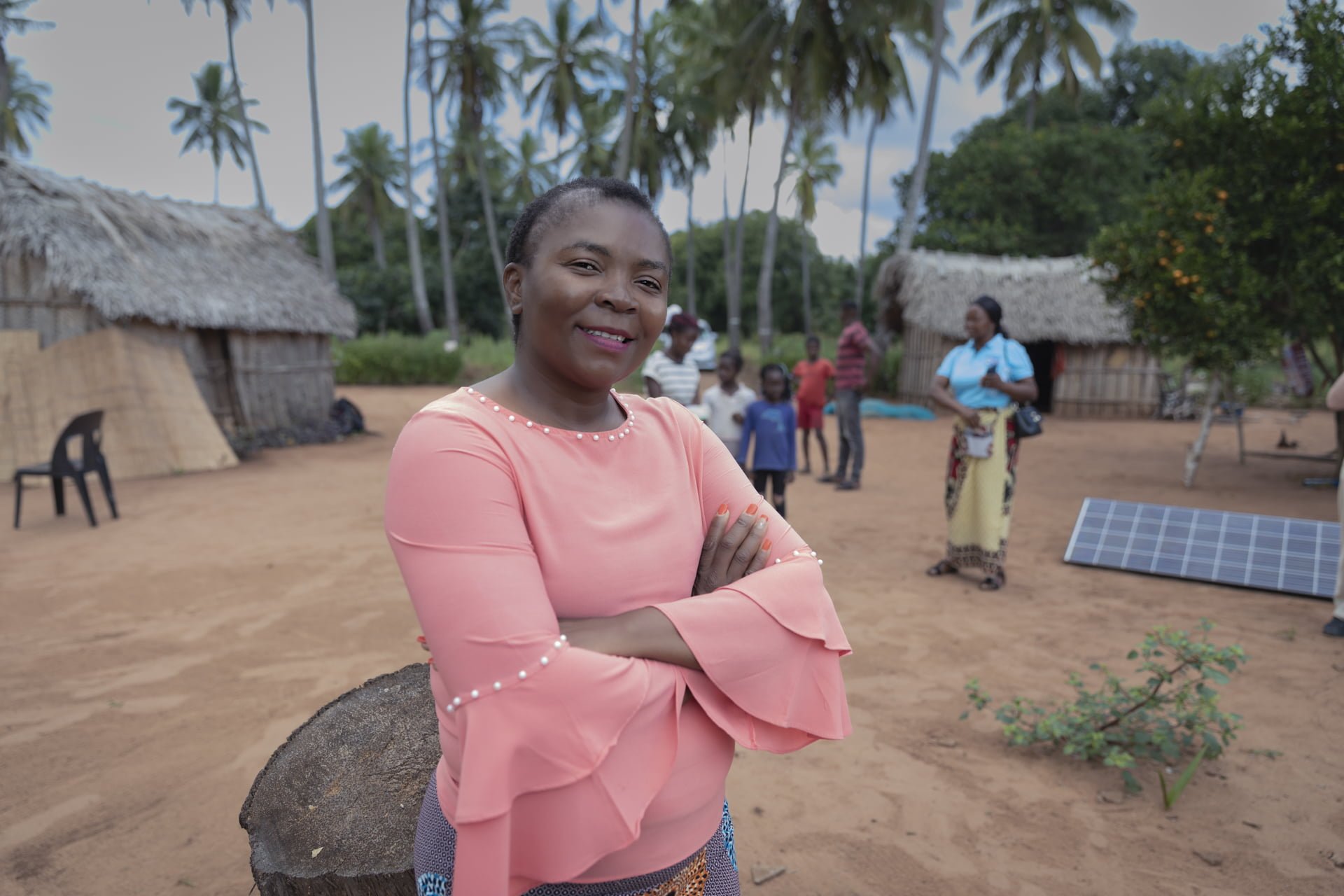

“I’m not ashamed to say that I’m proud of what I’ve accomplished.”
Octavia, 41
Octavia, 41
Octavia accidentally became pregnant at the age of 15 and was ended up marrying her boyfriend. She had to quit her studies and serve her husband’s family. Eventually, Octavia ran away to her mother and returned to school.
At school, Octavia became enthusiastic about activism and began to spread information about HIV and AIDS. Today, she is an expert at Plan, improving the sexual and reproductive health of girls and women. She trains activists, educators, and community leaders.

“Sexual and reproductive health is my passion. When I wake up, I think about how today a girl might make the wrong choice. I will never stop talking about the need for young people to have the right information to help them make wise decisions.”
Mozambican girls have traditionally been raised to submit to the will of adults and men. Gender-based violence is common.
“I think the biggest problem is the way of thinking that maintains harmful cultural norms. This is what we at Plan are addressing,” says Octavia.
“It’s great to see how many vulnerable girls now know that they can make decisions about their own bodies and lives. Child marriages have decreased in our program area because more and more people understand that they do not solve problems, but rather create new ones.”
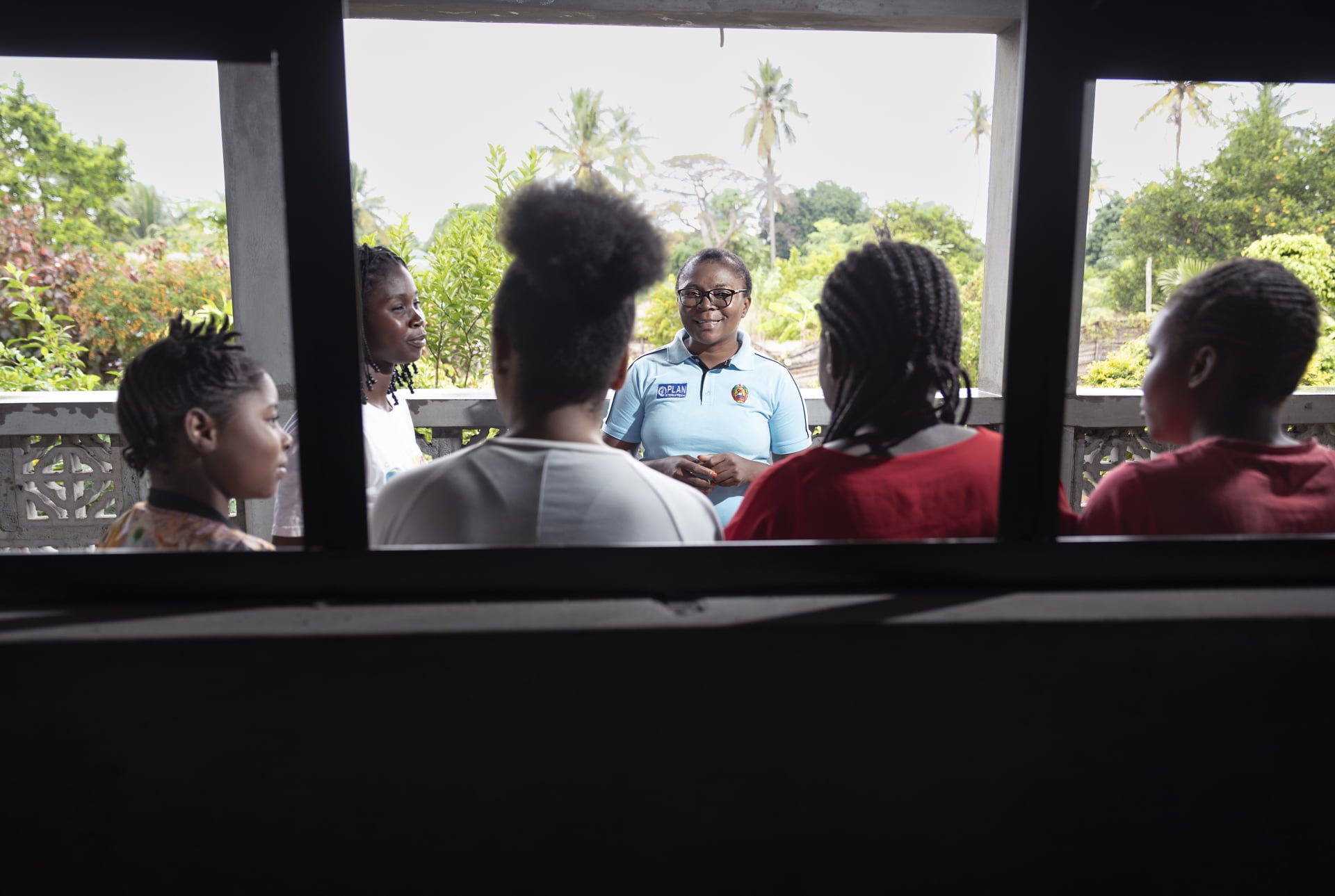
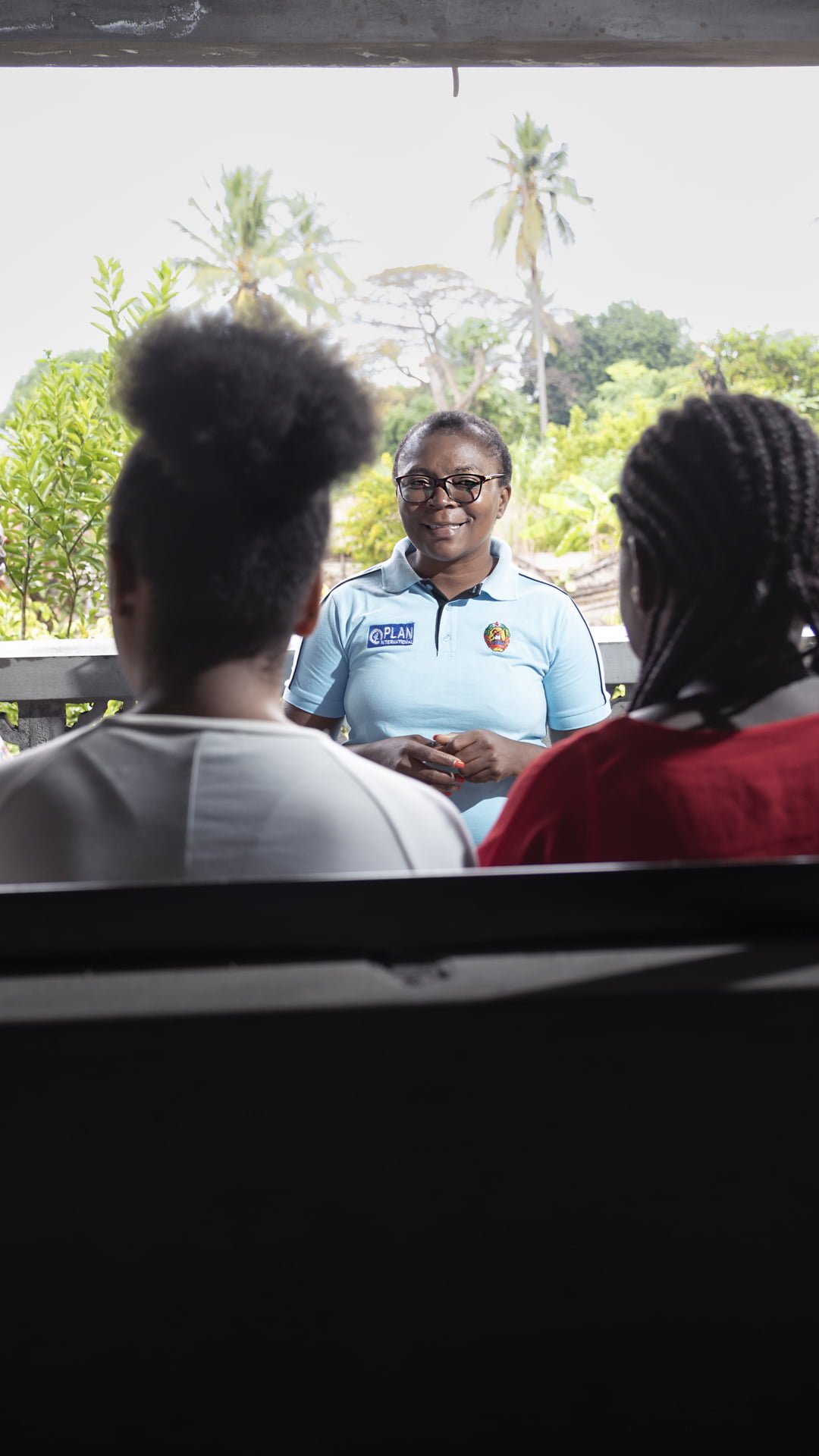
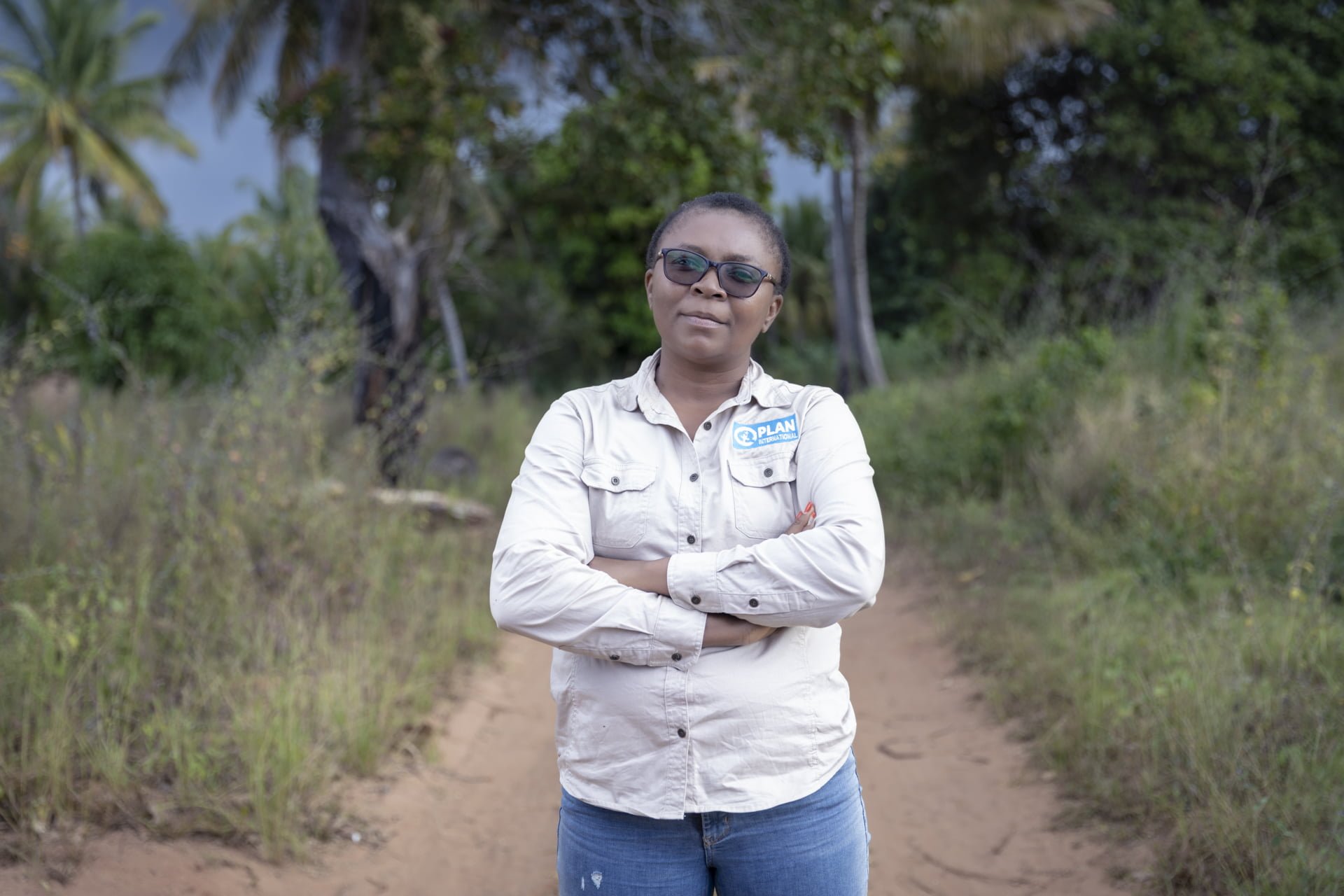
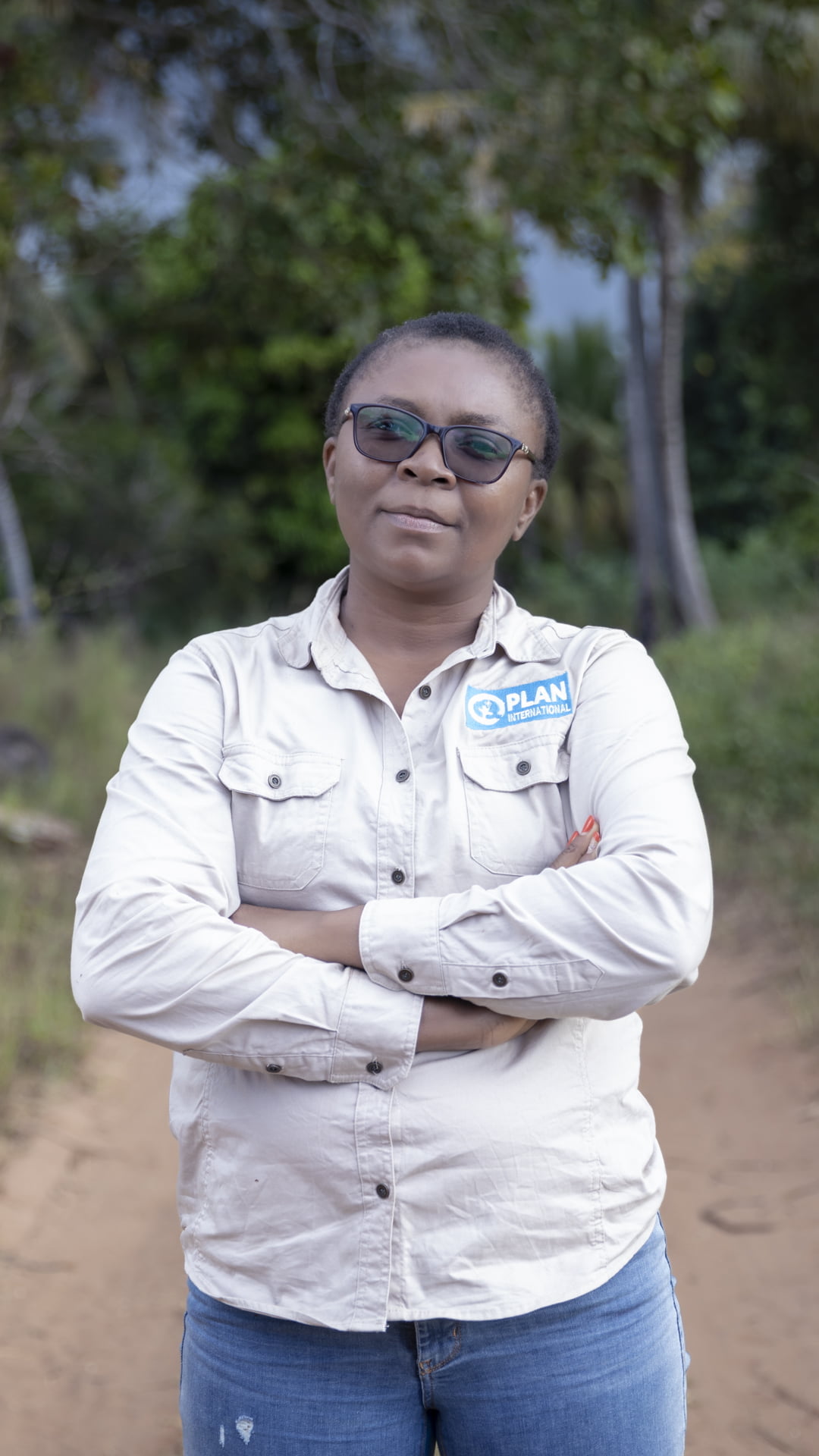
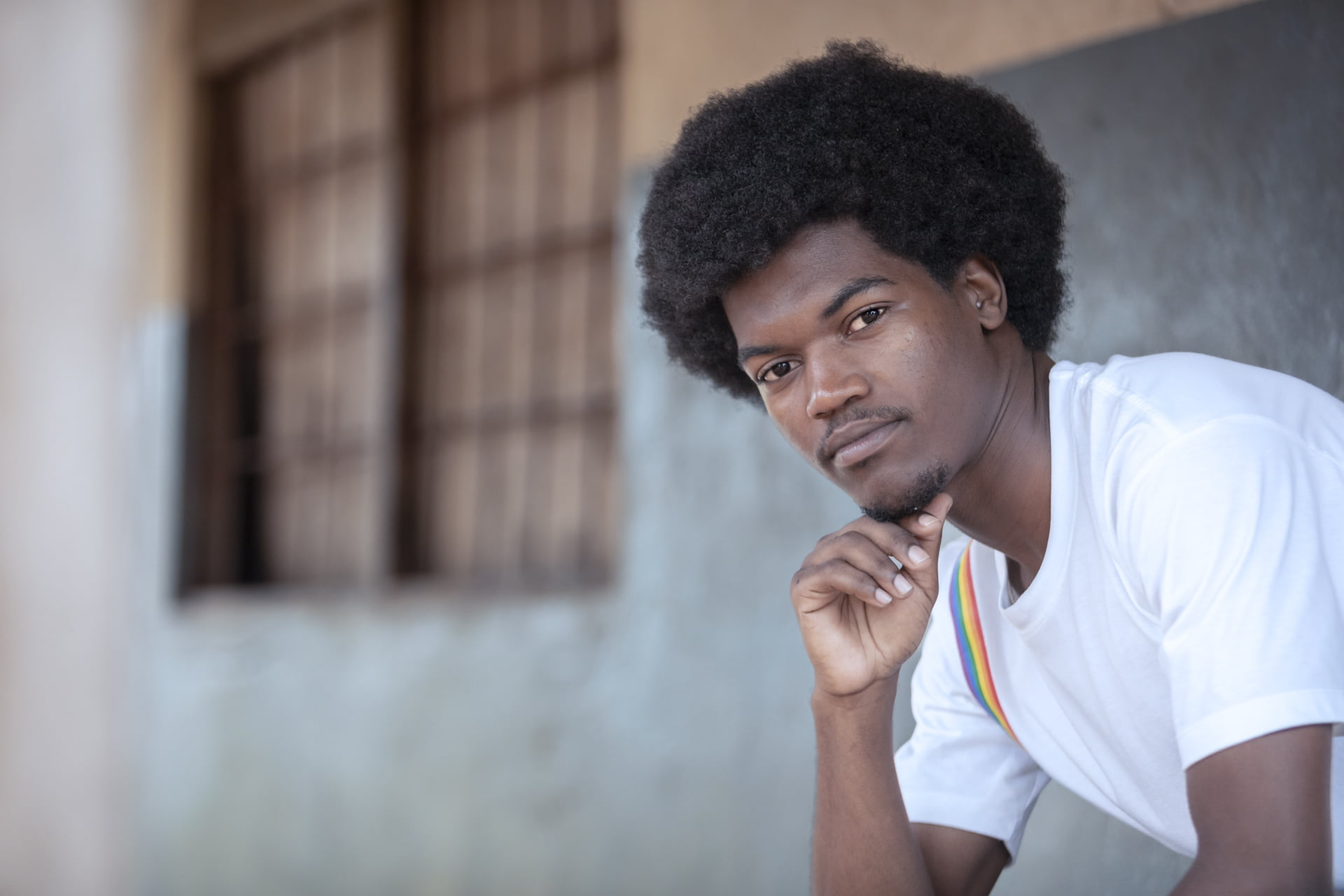
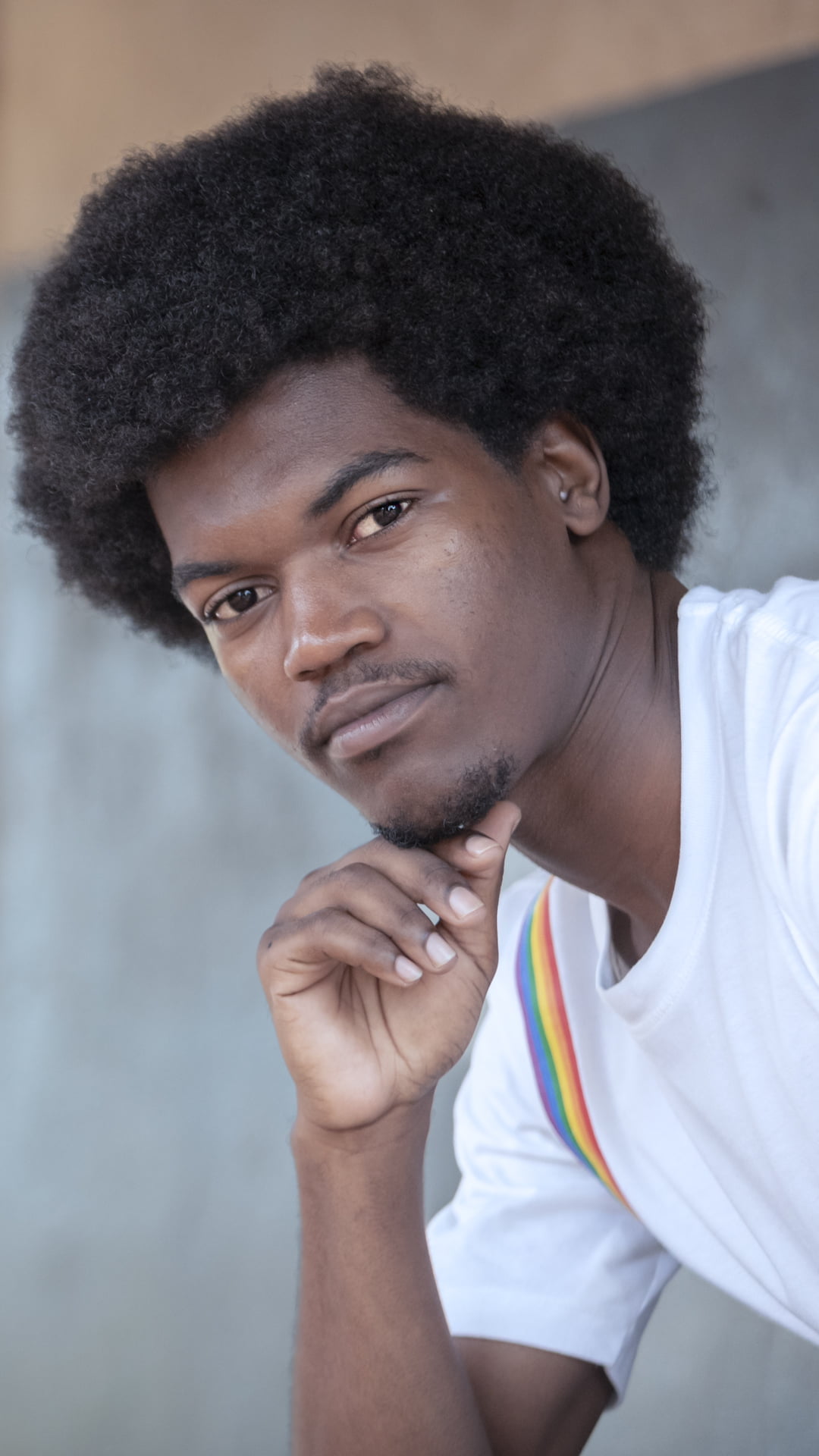
“Everyone deserves to be accepted as themselves.”
Custodio, 22
Custodio, 22
Custodio noticed in his teenage years that he fell in love with other boys, unlike his school friends. He felt alone and lost.
On the internet, Custodio found information about homosexuality and the LAMBDA organization, which supports gender and sexual minorities in Mozambique. In the organization, he got to know other homosexual people and understood that his feelings were natural.
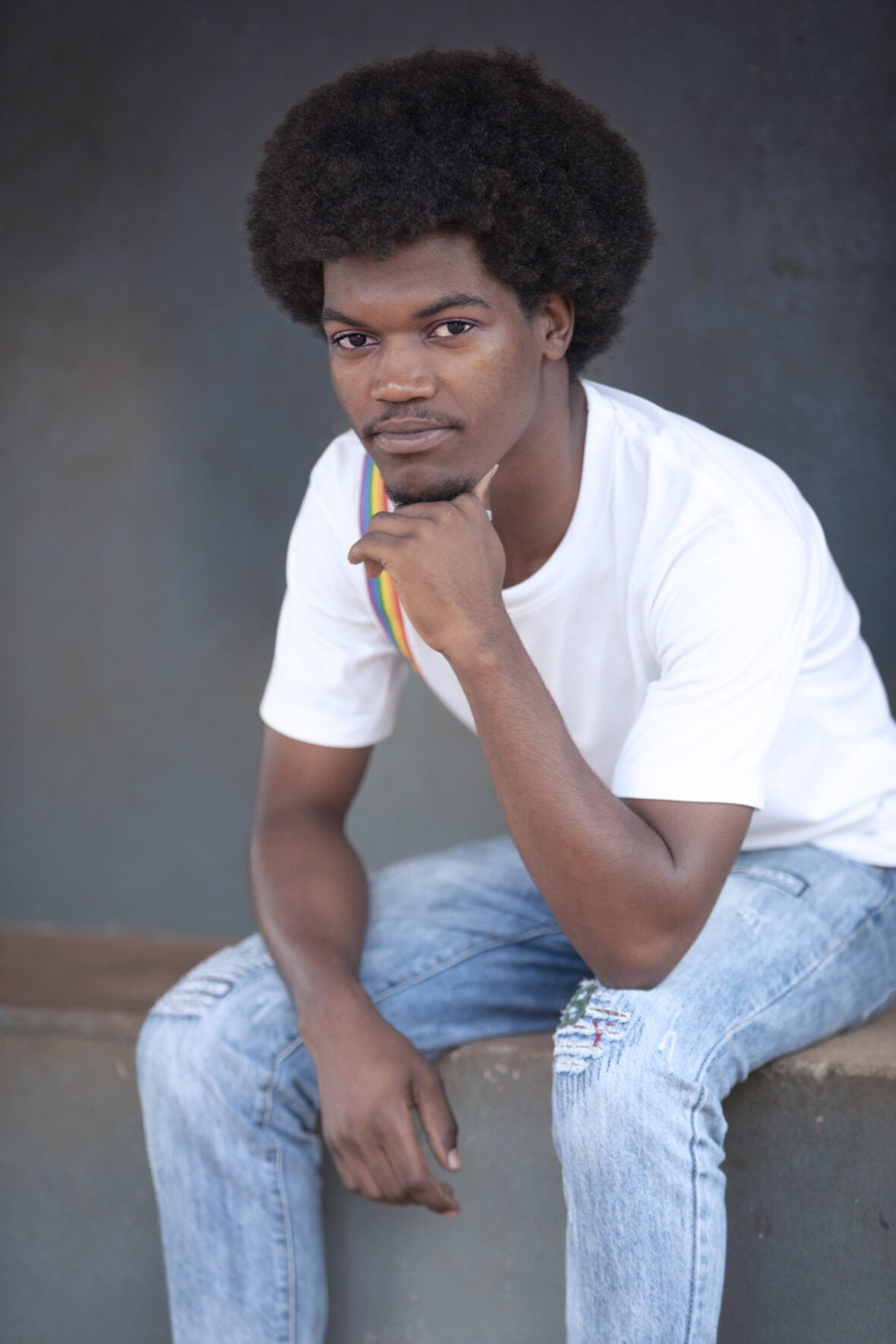
“I still had a hard time accepting myself, and I didn’t dare to come out to my family. I prayed in church that my homosexuality would leave me, but it didn’t.”
When Custodio finally spoke to his family, the answer was initially total silence and isolation. After two months, his parents decided they did not want to abandon their son. One of Custodio’s most important supporters is his sister, Olinda.
Today, Custodio is one of LAMBDA’s most courageous activists. The organization cooperates with Plan International. Activists meet with community leaders and healthcare professionals to discuss minority rights.
Custodio also helps people belonging to minorities take HIV tests and, if necessary, seek treatment for the virus. LGBTIQ people are too often left without healthcare due to discrimination.
“I feel good because I know I’m doing the right thing. I’m confident that the information I share will ultimately change people’s thinking.”
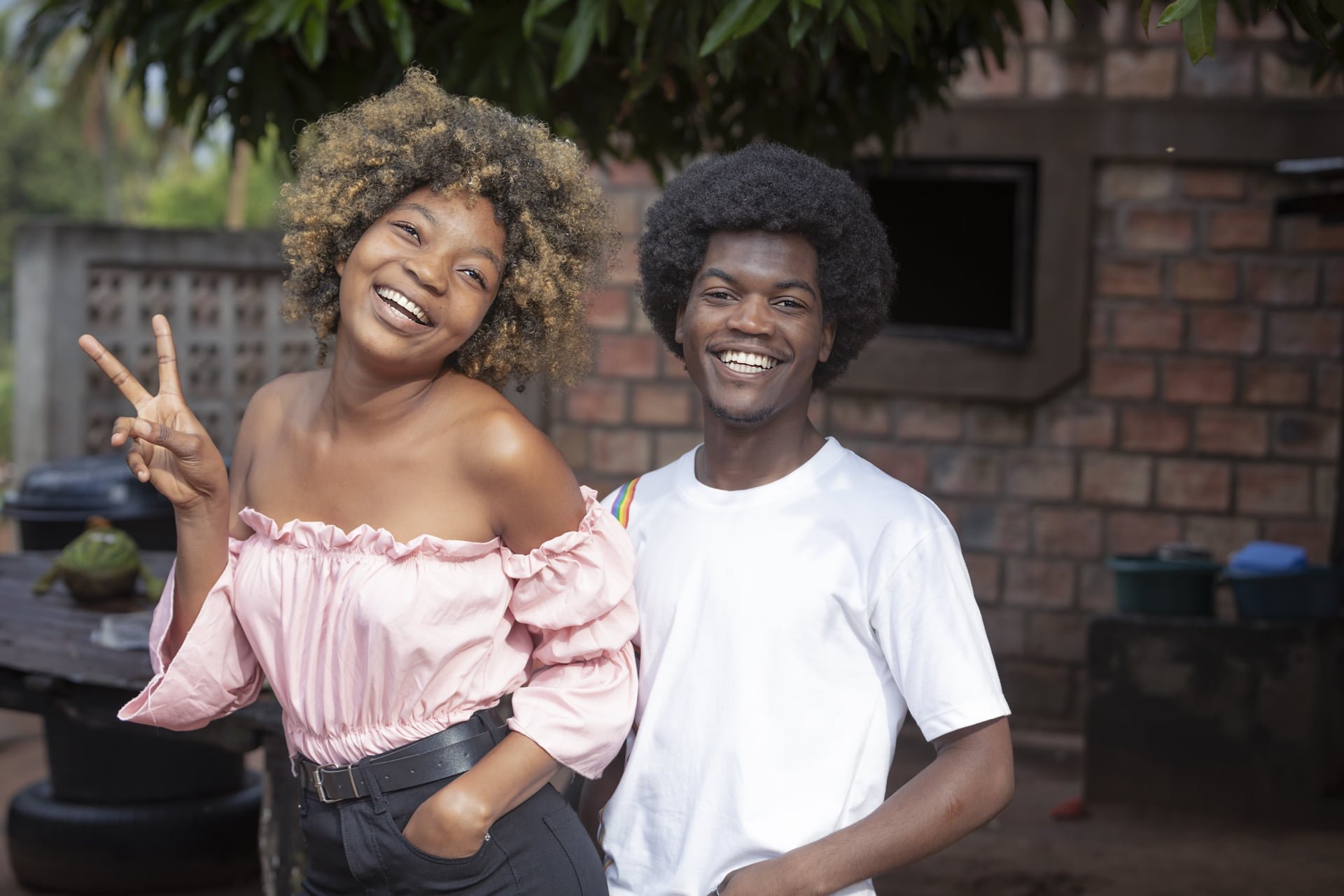
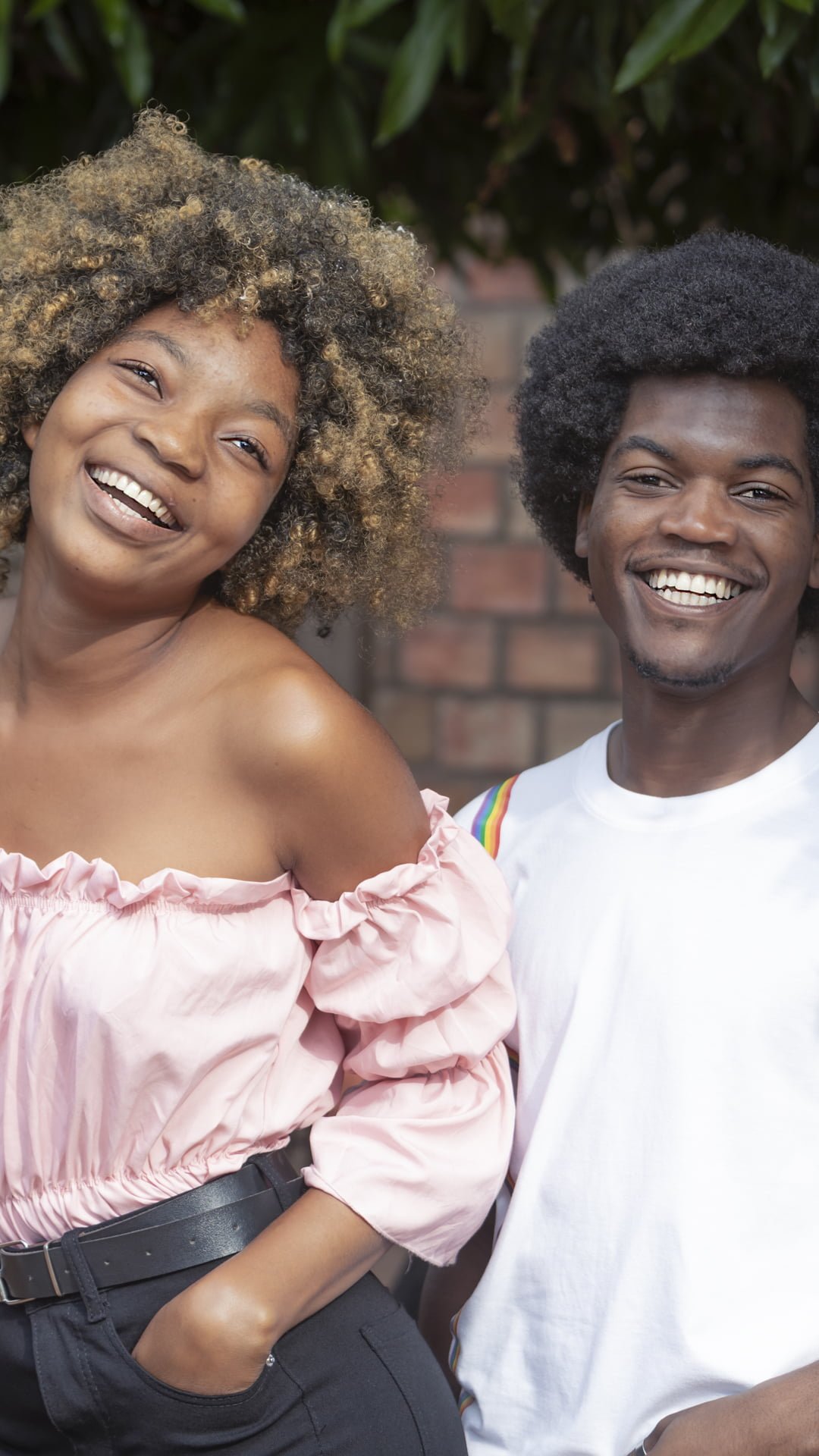



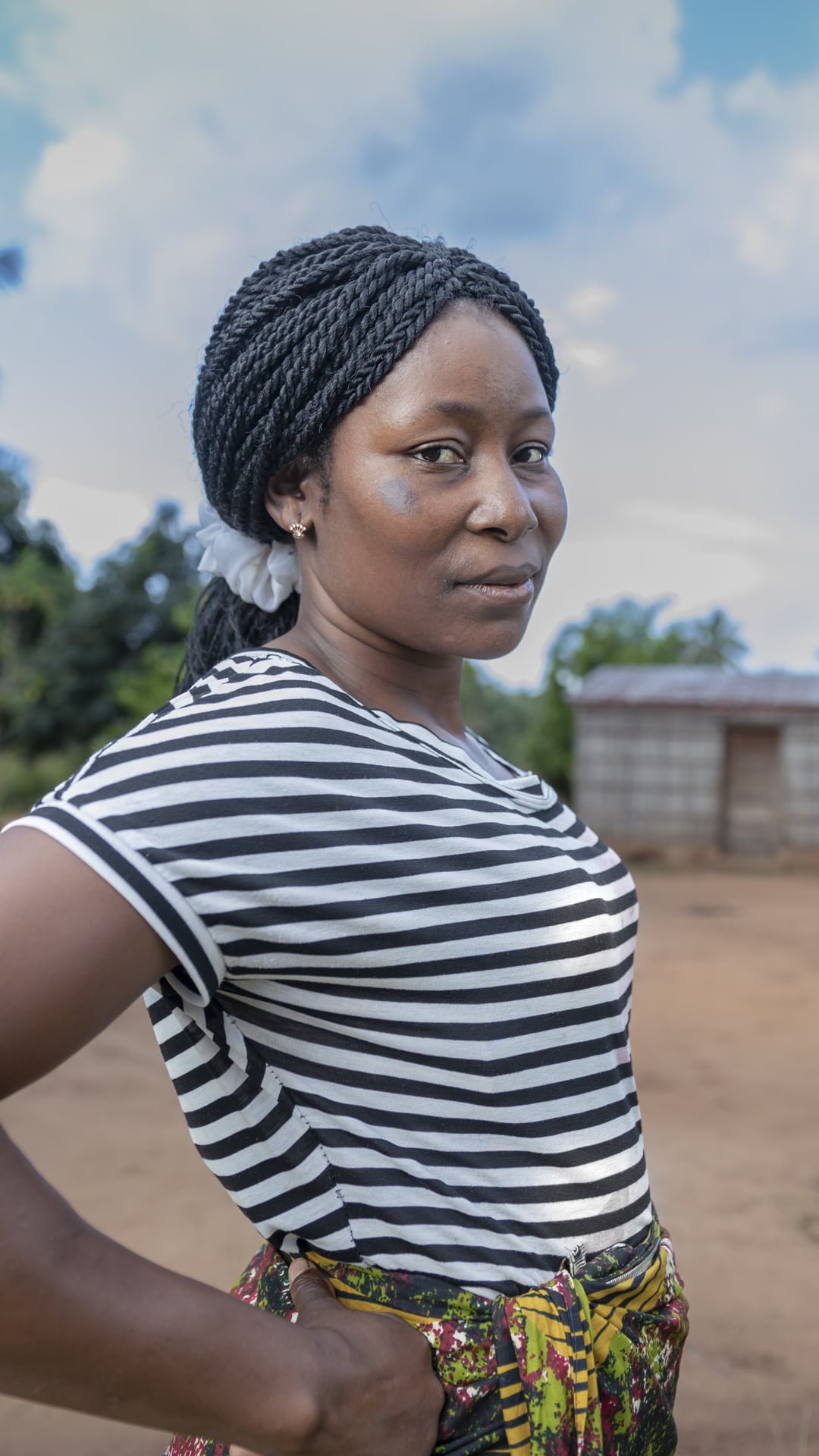
“I have become a person who others go to for advice.”
Helena, 38
Helena, 38
“I ended up being a second wife because no one supported me and I couldn’t see my options. I would have liked to study to become a nurse, but I was forced to quit school,” says Helena.
She provides for her daughters, aged 14, 10 and 6, by cultivating cassava. The girls’ father visits them once a month; otherwise, he lives with his first wife. Polygamy is common in Mozambique’s rural areas, although the practice is becoming more rare.

Helena became a Plan activist in 2018.
“I had very little knowledge about sexual and reproductive health or rights beforehand. I thought that a woman must always say yes to whatever the man says – for example, to sex.”
Helena currently leads Plan’s community discussions, in which the villagers talk about, for example, child marriage, teenage pregnancies and menstruation health. She can already see a change in attitudes: the appreciation for girls’ education has increased, and domestic violence has decreased.
“At first, it was difficult to get men to understand that women should make their own decisions about their own bodies. Eventually, many realized that they themselves would not want to do anything that they were forced to.”
Helena has also guided many girls and women to the contraception clinic. Jangamo Health Center offers free guidance and contraceptives as well as safe abortions if necessary, but the services are still not well known.
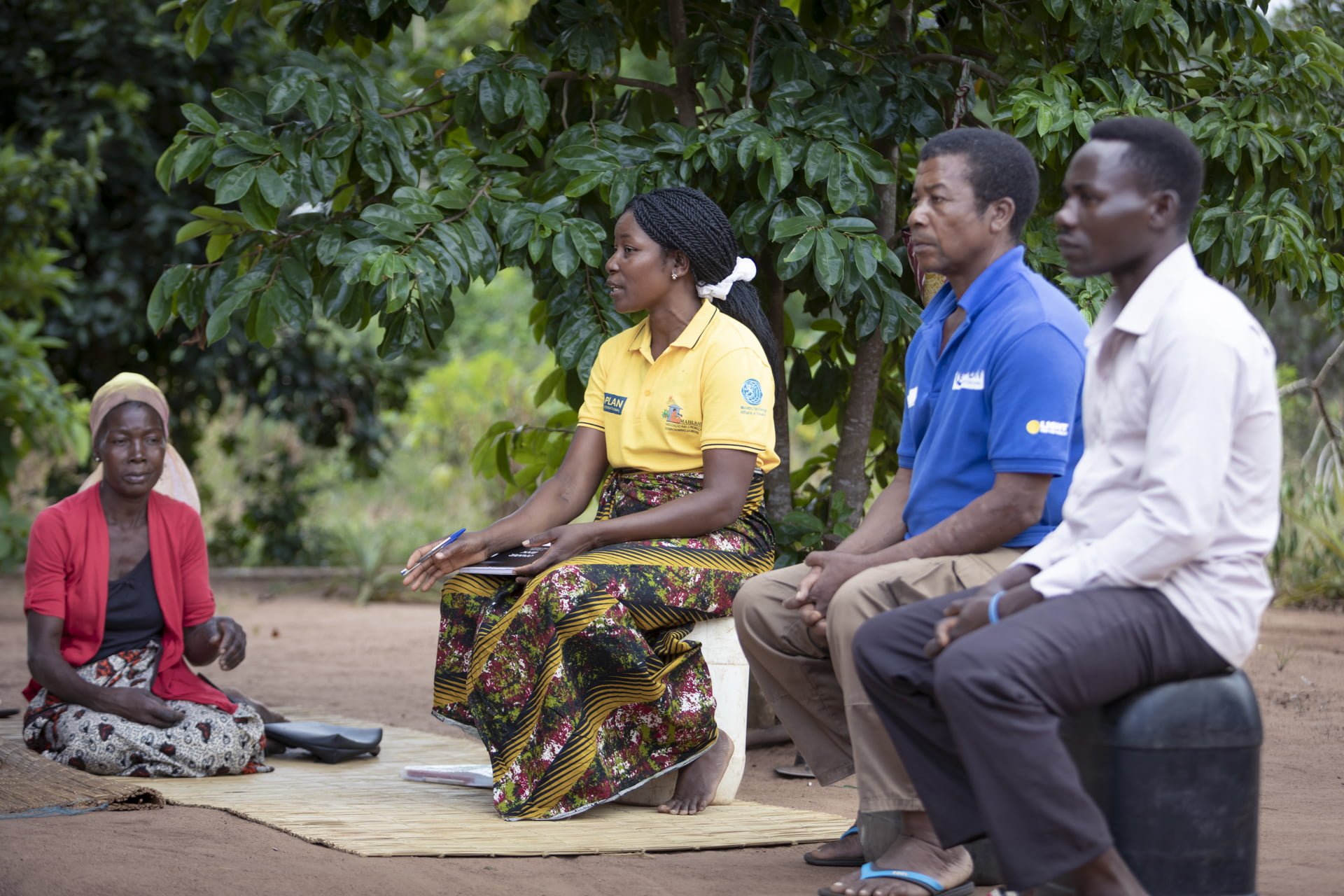

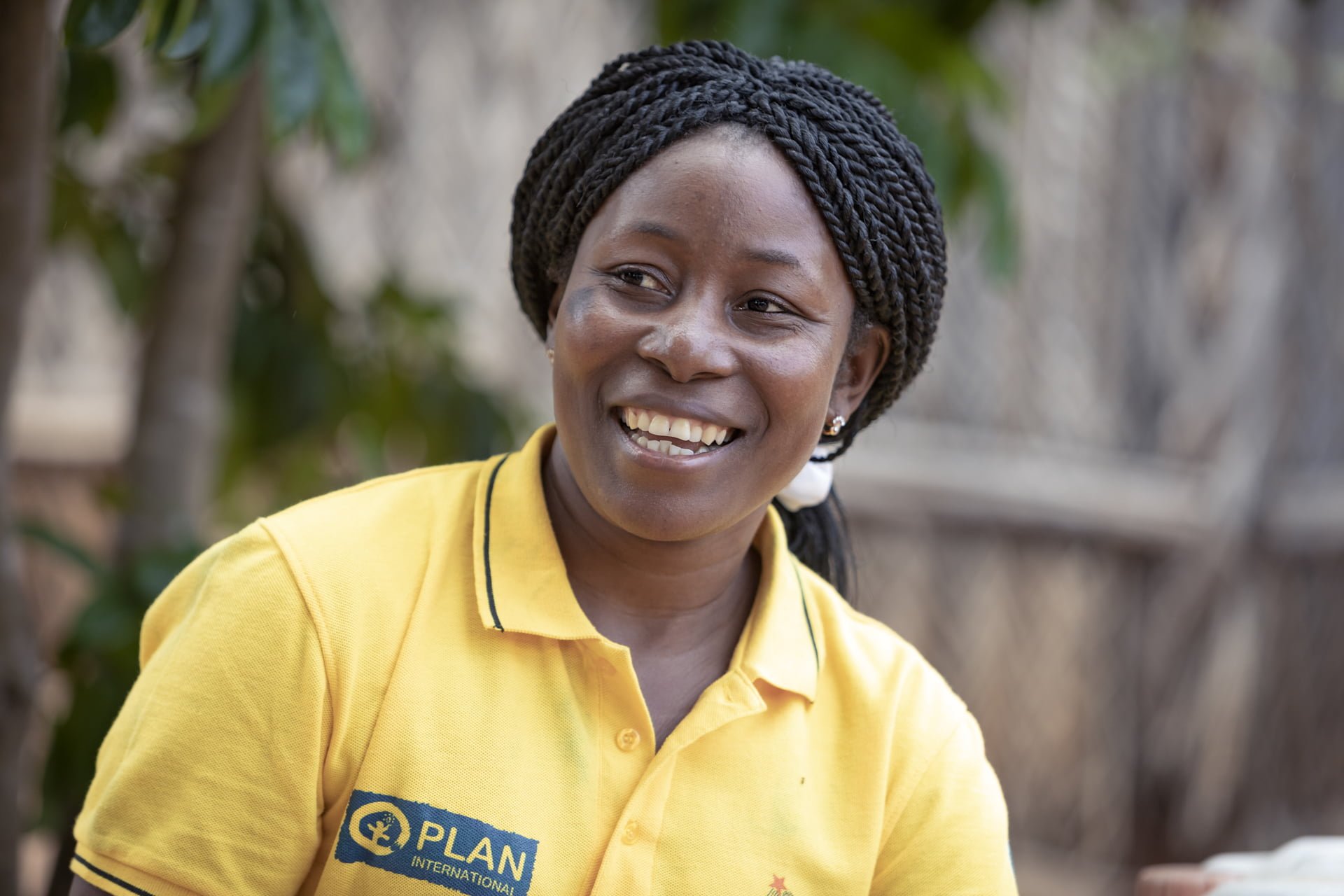

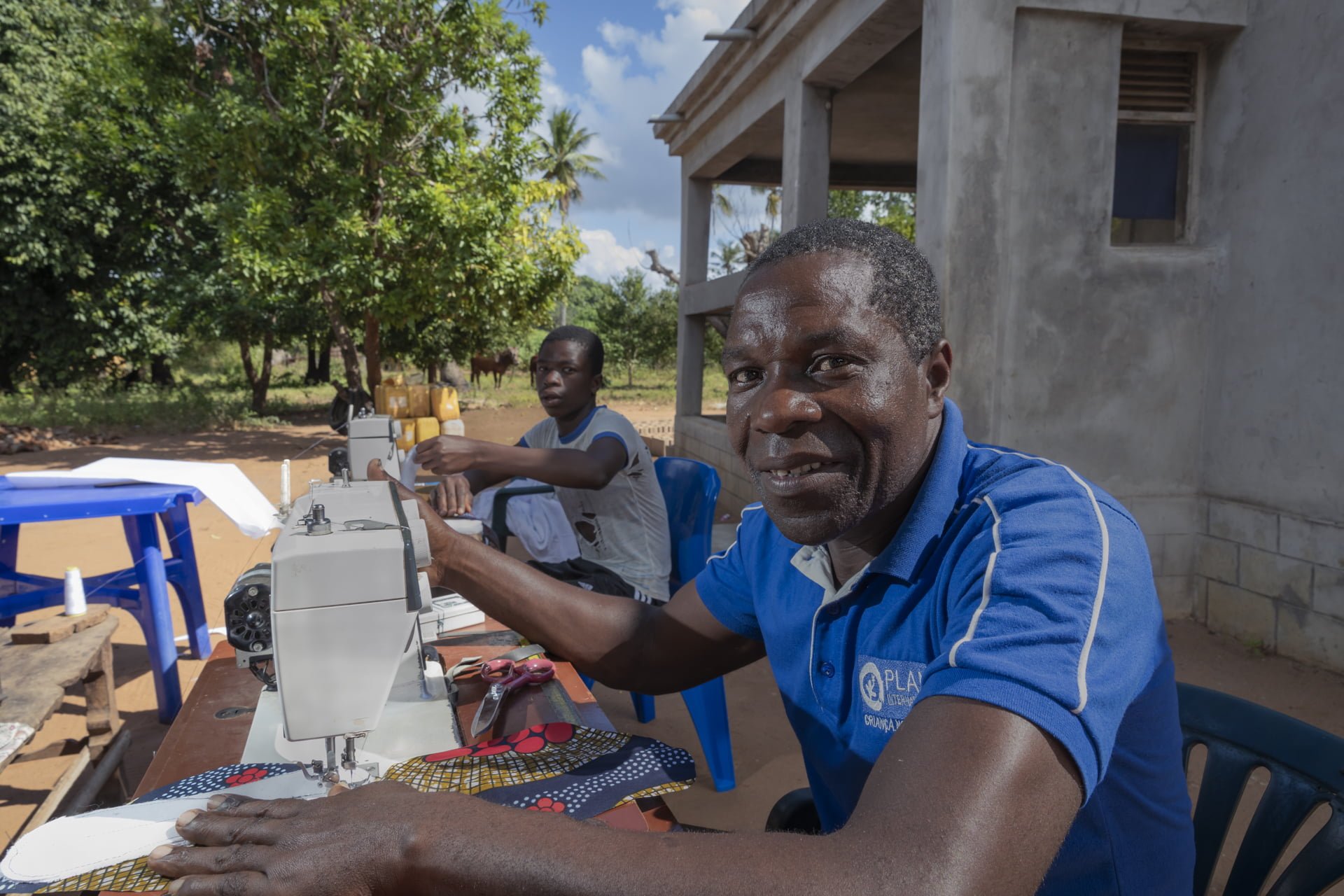
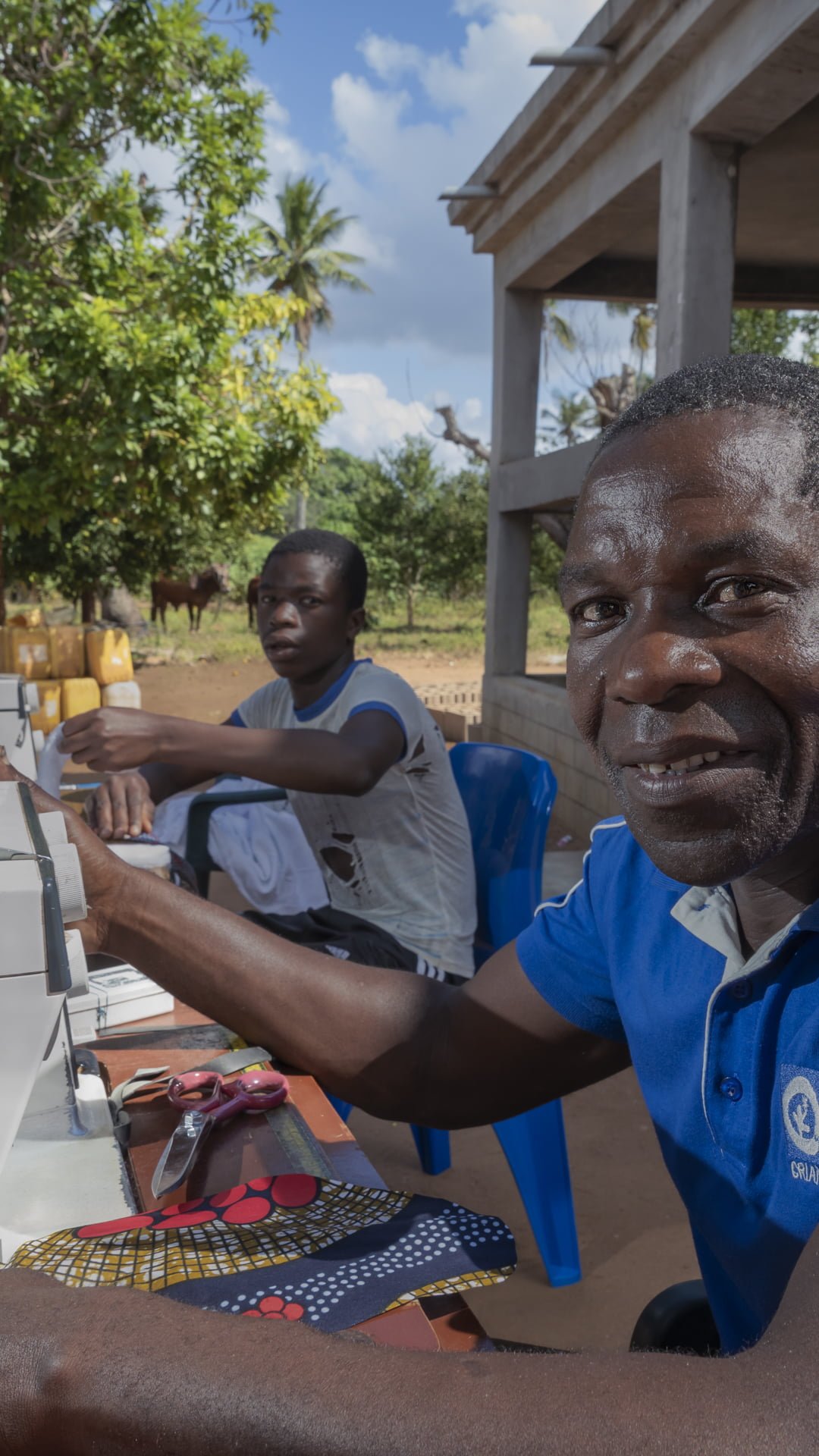
“I can talk about menstruation with anyone.”
Pedro, 55
Pedro, 55
“I can honestly say that before I joined Plan, my thinking was backward. I treated my daughters and sons differently and considered child marriage to be normal, a part of our culture,” Pedro says.
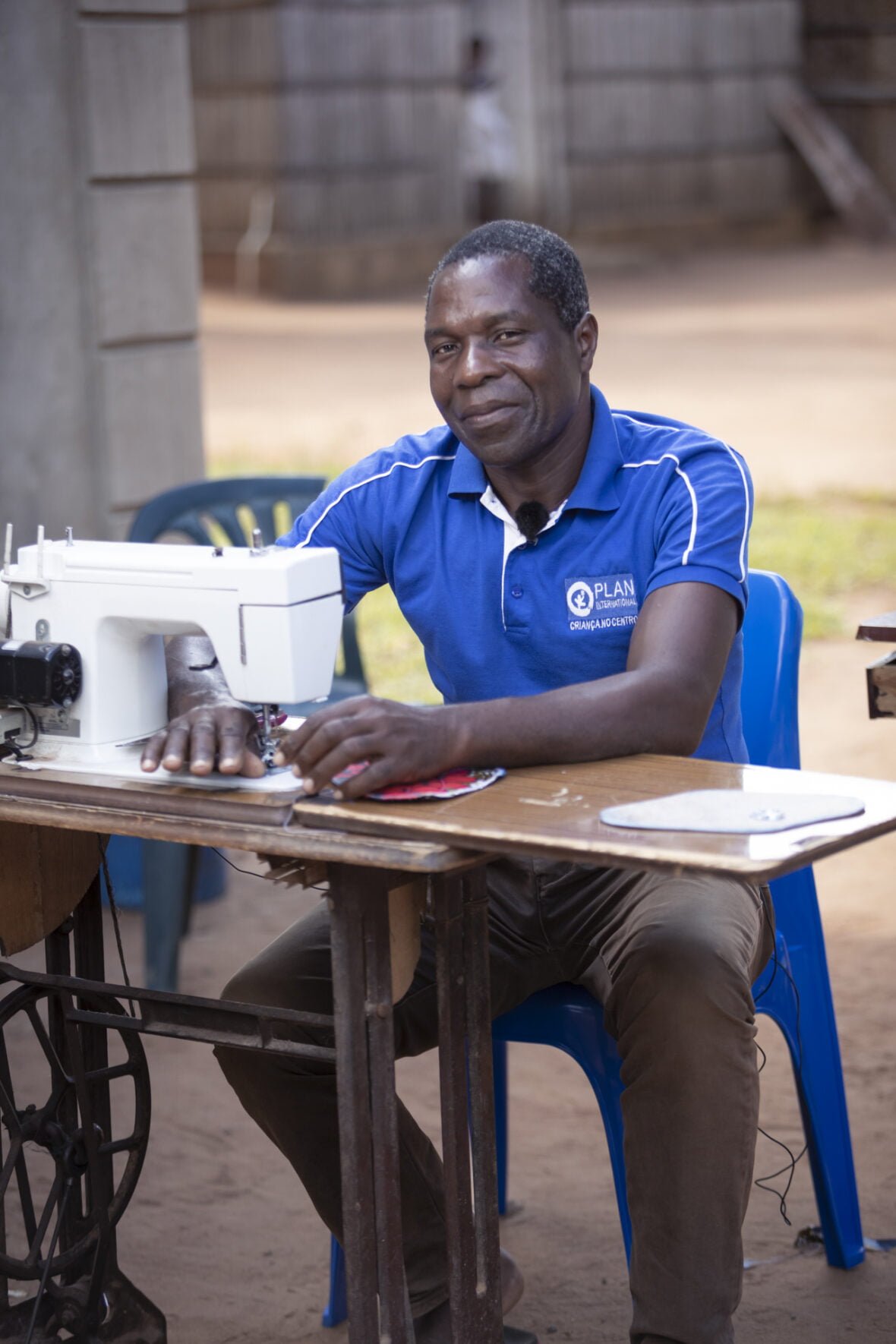
When Pedro started attending Plan’s training five years ago, his thinking changed completely. His relationship with his family improved when Pedro began to ask for and respect the opinions of others and treat everyone equally. The positive change awakened in him the desire to share what he had learned with others.
“Now my family has zero tolerance for child marriage and physical punishment. I educate both my sons and my daughters.”
Pedro, who had previously worked as a carpenter and farmer, also found a new career with Plan: he studied to be a tailor and learned to make reusable menstrual pads.
“The other students were women and surprised by me, but it didn’t bother me. It’s natural for me to talk about menstruation with absolutely anyone. I now share information about menstruation health and the use of menstrual pads in my community. Girls no longer have to miss school when they’re menstruating,” says Pedro.
“While our community is still patriarchal, there is ongoing work that needs to be done. Nonetheless, positive changes continue to occur.”

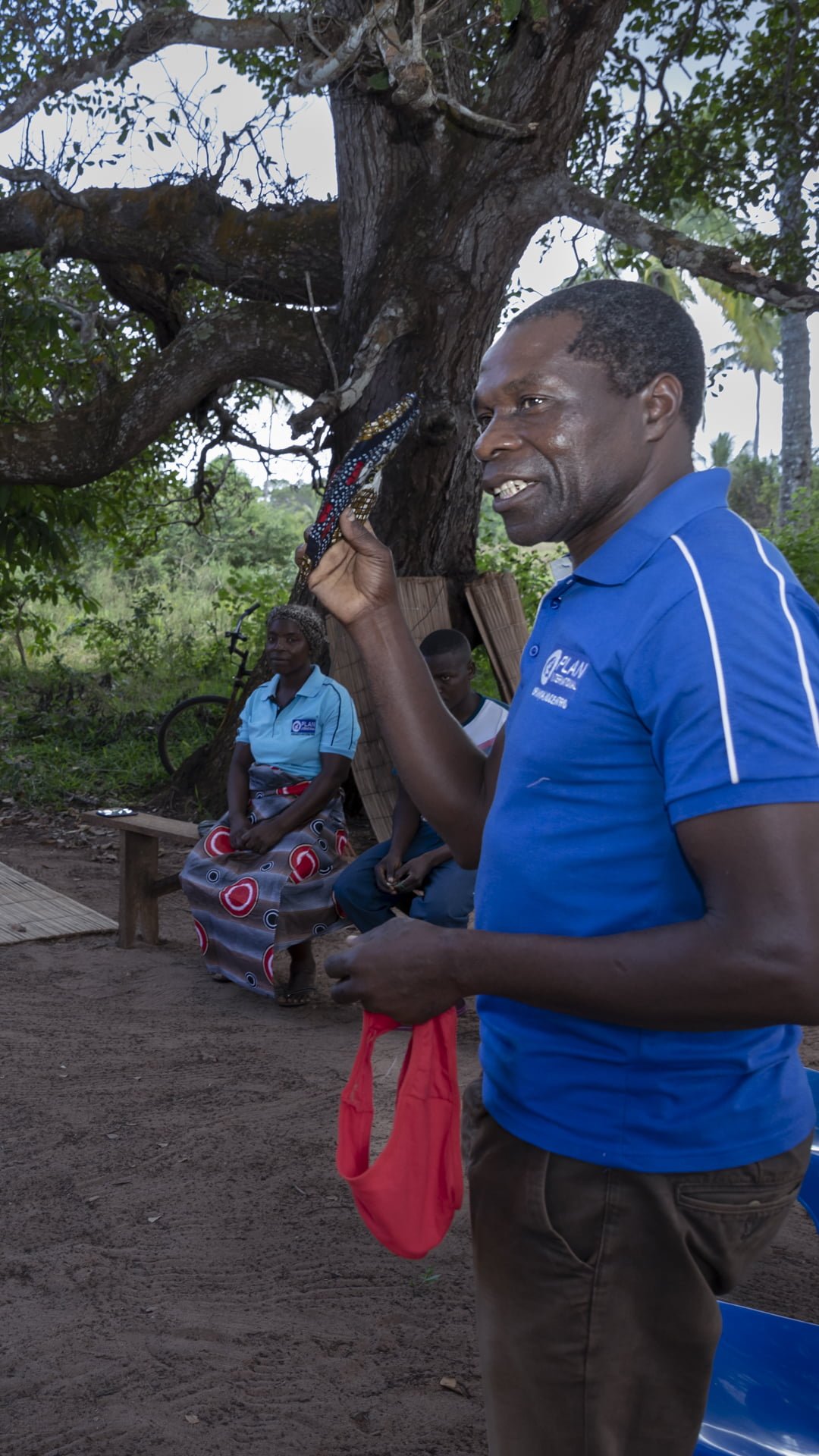

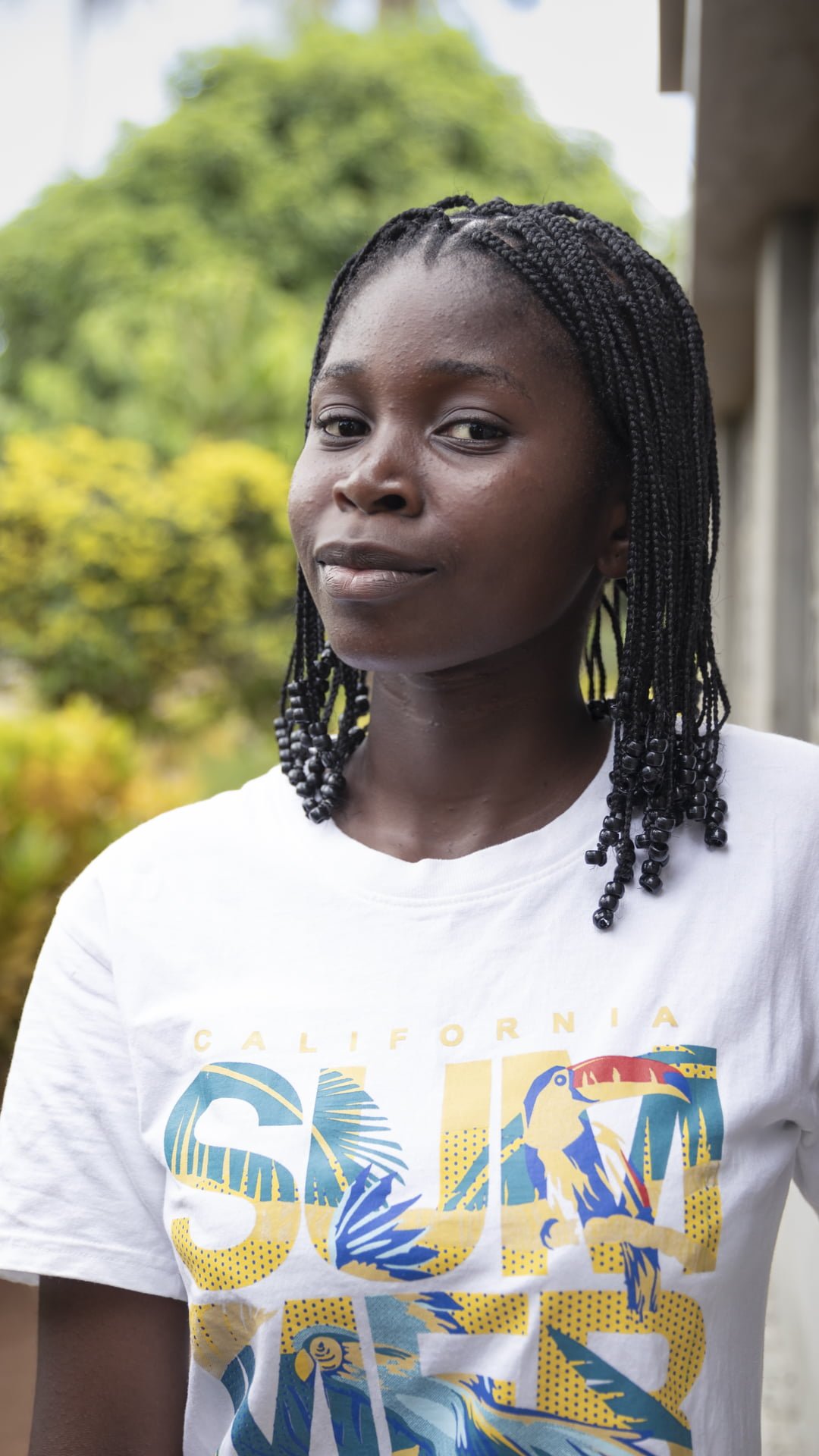
“I tell myself every morning that I can change the world.”
Denise, 18
Denise, 18
“From Plan’s activities, I’ve understood that I can defend girls’ rights even if I’m still young myself. I like to talk and I can express myself well, so I can use my gifts for the benefit of others,” says Denise.
She had heard about Plan’s activities at her school six years ago and participated in the training for new activists.
“I learned so much about myself and what’s going on around me. Girls’ rights are constantly being trampled on, but the girls don’t even know that they have rights. They aren’t allowed to make decisions about their life. If they accidentally get pregnant, they’re sent away from home into child marriage.”
Denise started talking about what she had learned with all the girls she knew.
“At first, they thought my activism talk was embarrassing and uncool, but many of my friends eventually joined Plan’s activities.”
In Mozambique, there has traditionally been a belief that children and young people should not challenge their elders. Nevertheless, Denise possesses the confidence to engage in conversations with community leaders.
“I tell myself every morning that I can change the world and help others. What can I do for other people today? Perhaps I can have a conversation that will change someone’s life.”
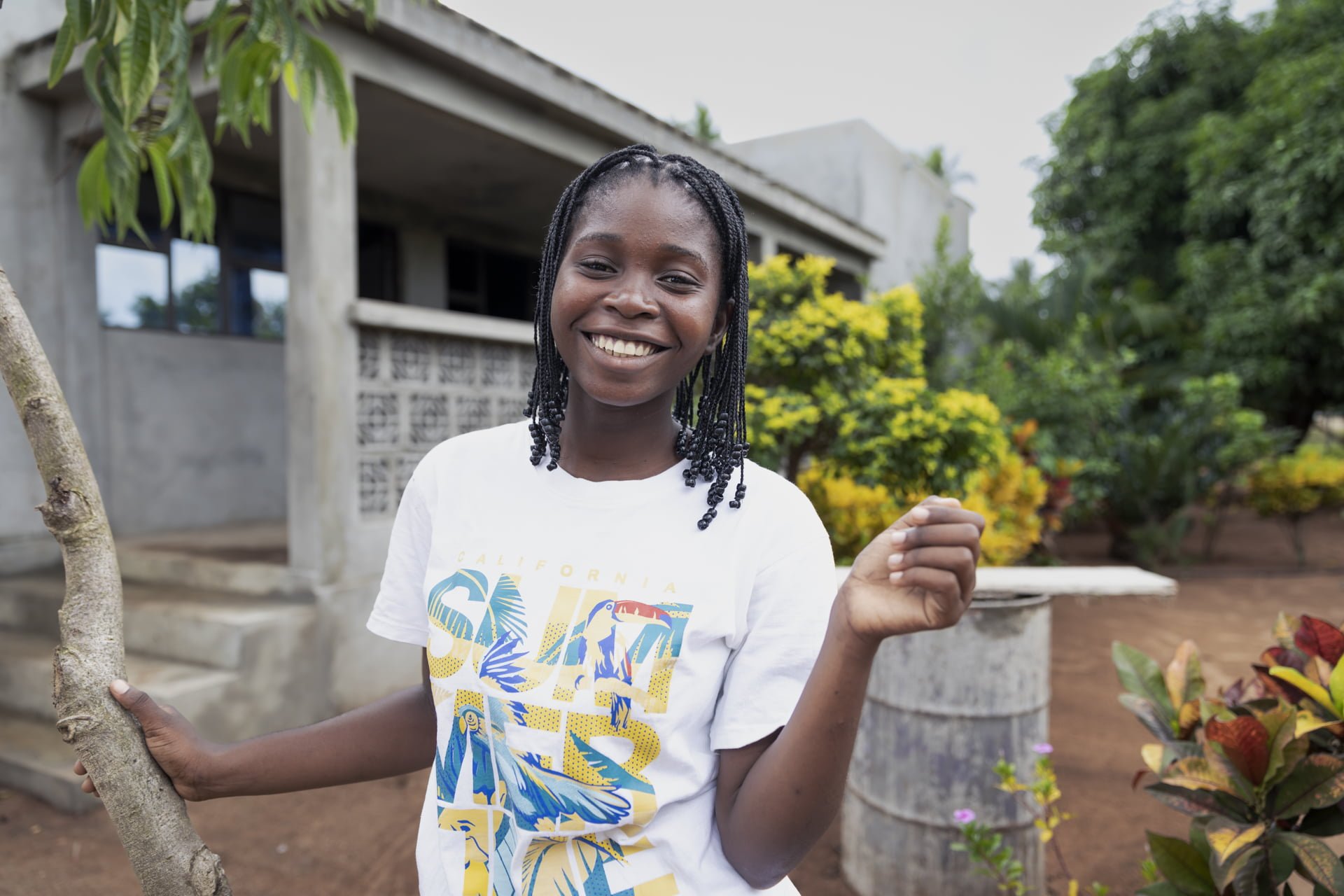
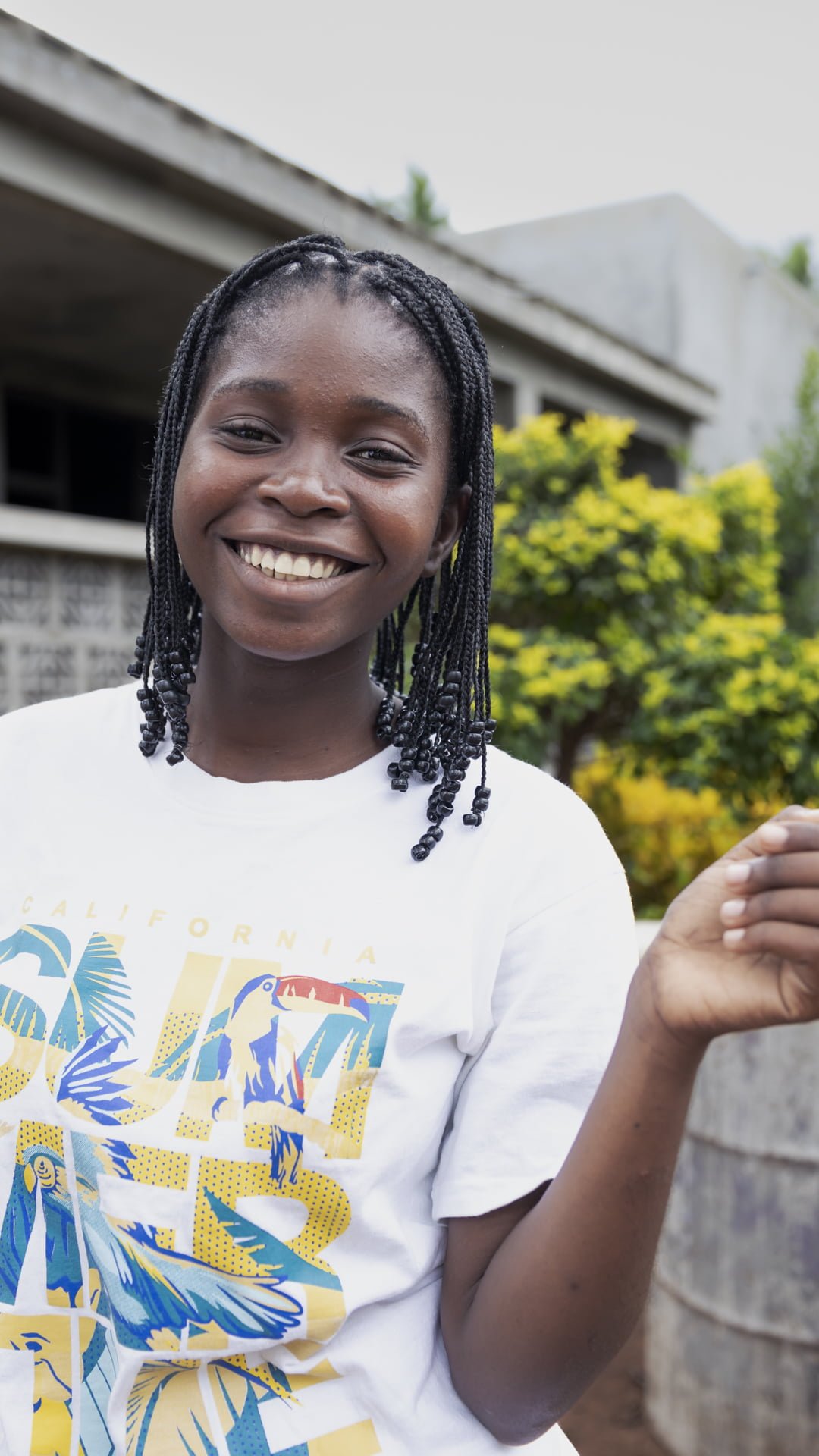



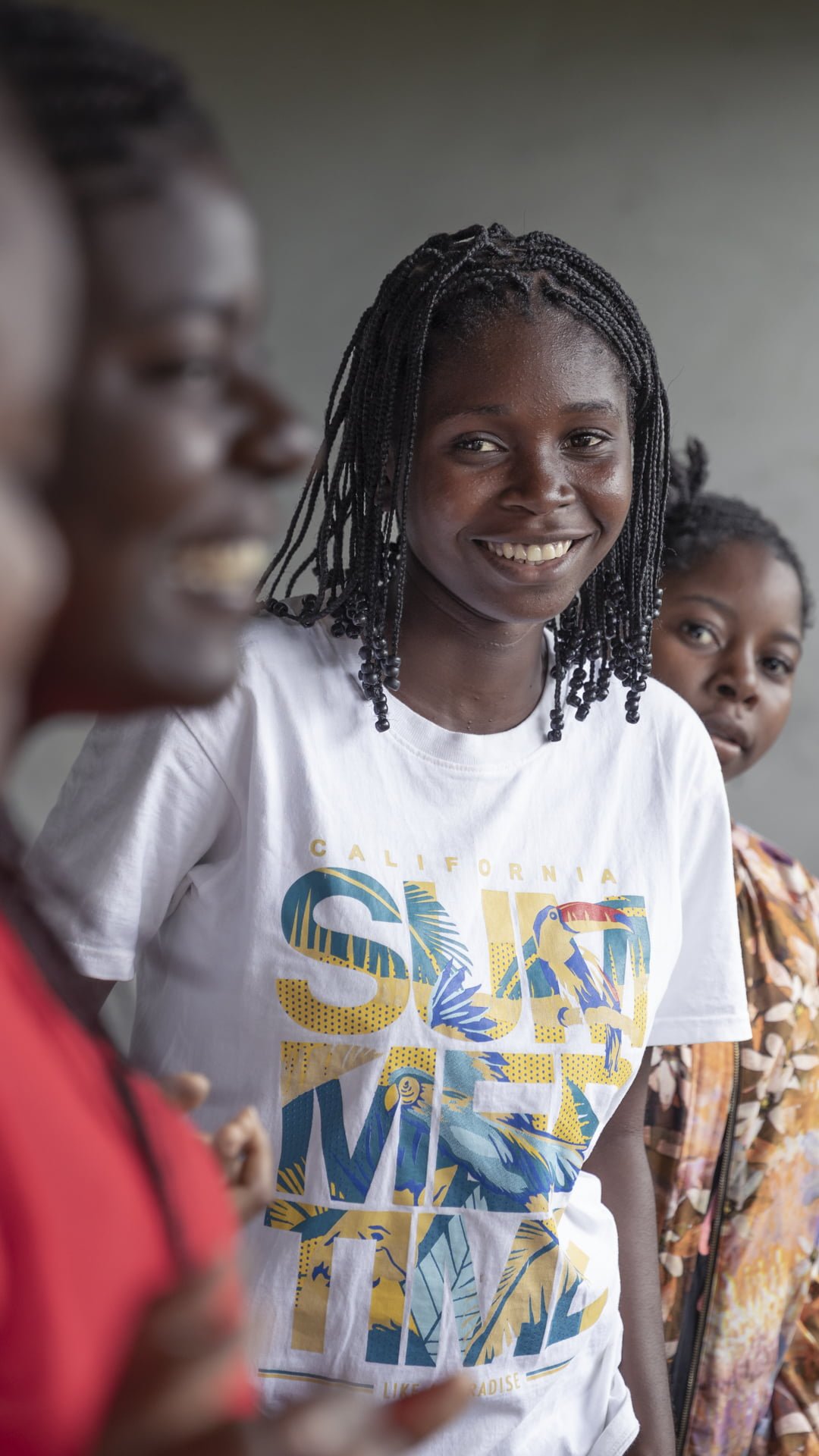
Tee hätäapulahjoitus
Tällä hetkellä sadat miljoonat lapset elävät keskellä konflikteja ja kriisejä. Lapset tarvitsevat kipeästi apua. Lahjoita Planin hätäapurahastoon ja autat lapsia siellä, missä hätä on suurin
Lahjoita hätäapuunTytöt samalle viivalle
Tyttösponssi-lahjoittajana olet Planin kuukausilahjoittaja ja tyttöjen liittolainen. Tuellasi edistät tyttöjen koulutusta sekä torjut lapsiavioliittoja, liian varhaisia raskauksia ja tyttöjen sukuelinten silpomista.
Tule mukaanVaikuta vapaaehtoisena
Tavoitteenamme on maailma, jossa kaikkien lasten oikeudet ja tasa-arvo toteutuvat. Edistä oikeudenmukaista maailmaa kanssamme vapaaehtoisena.
Ryhdy vapaaehtoiseksi

